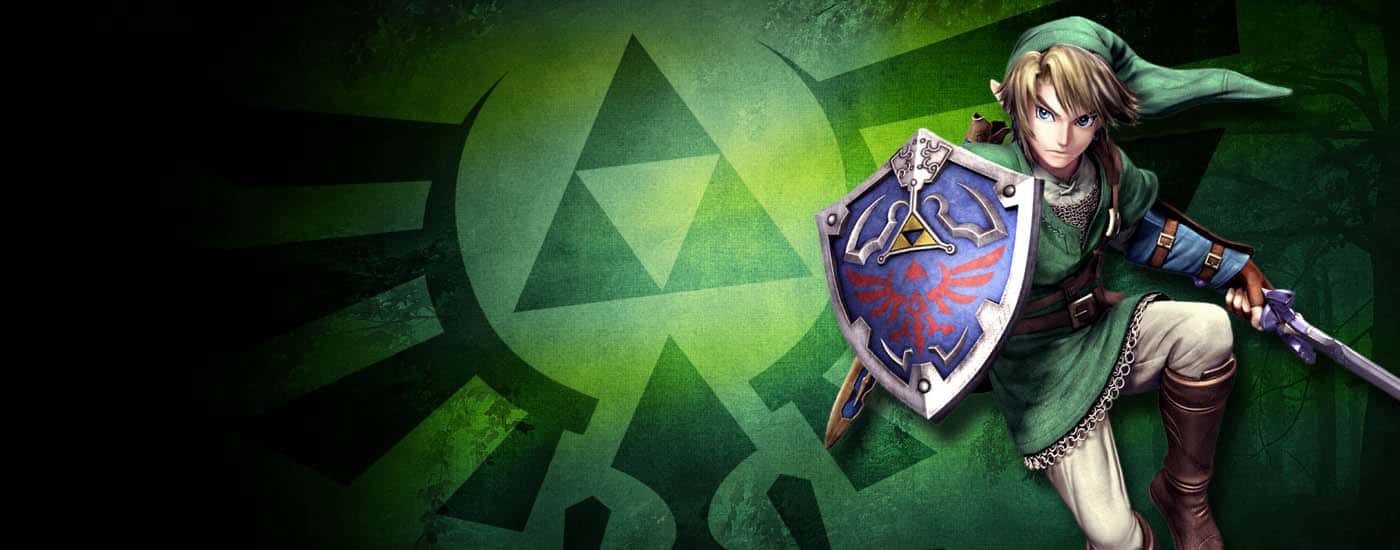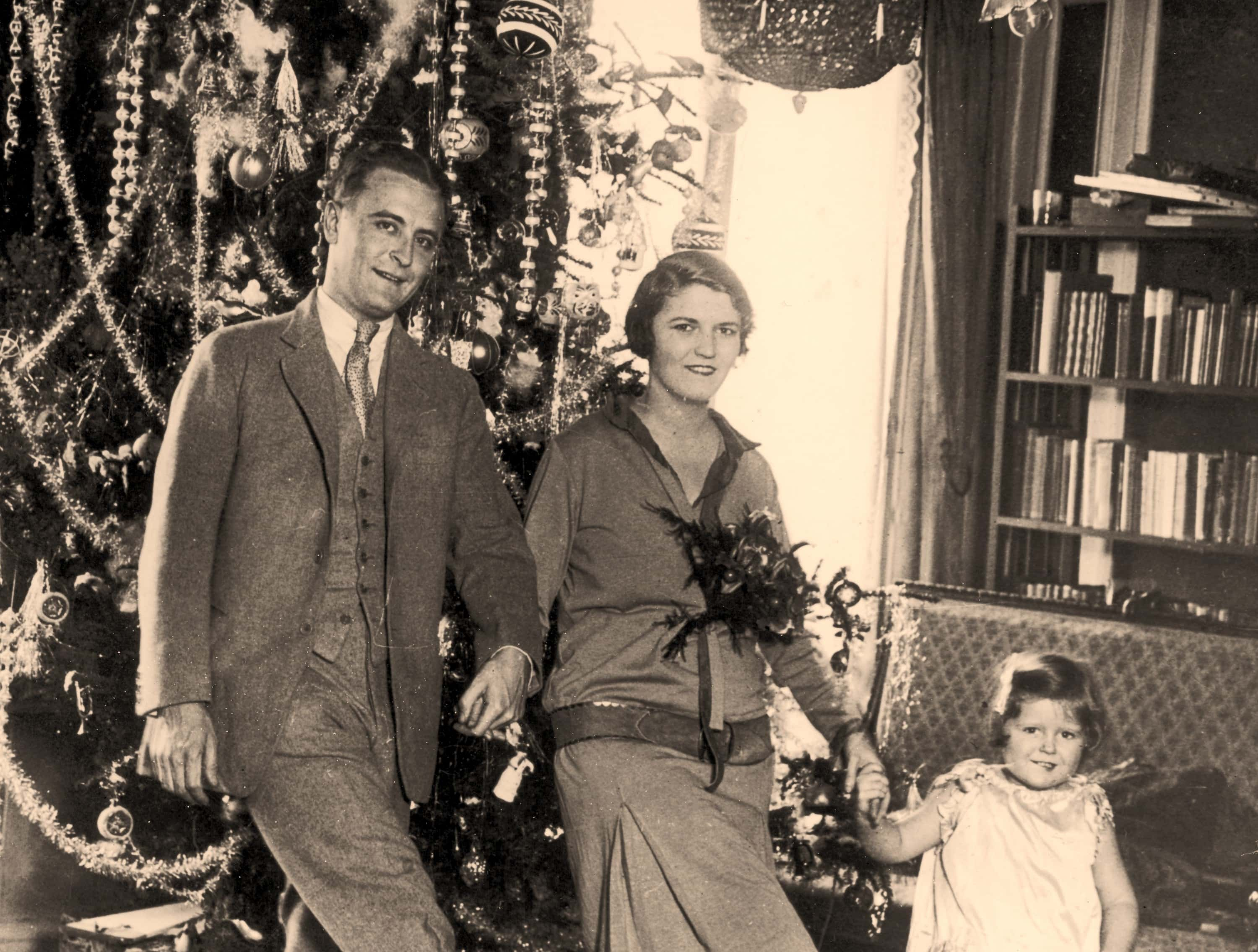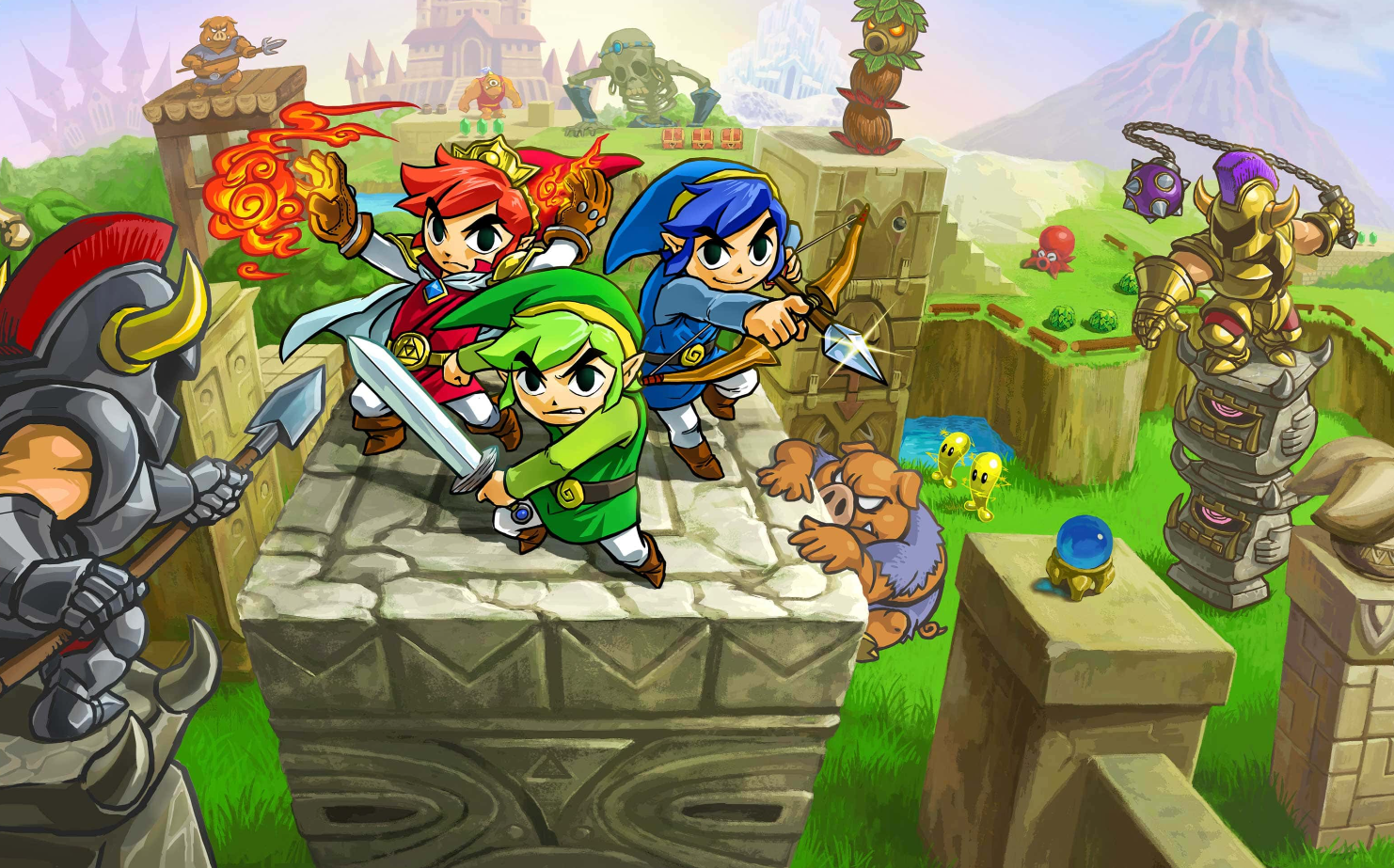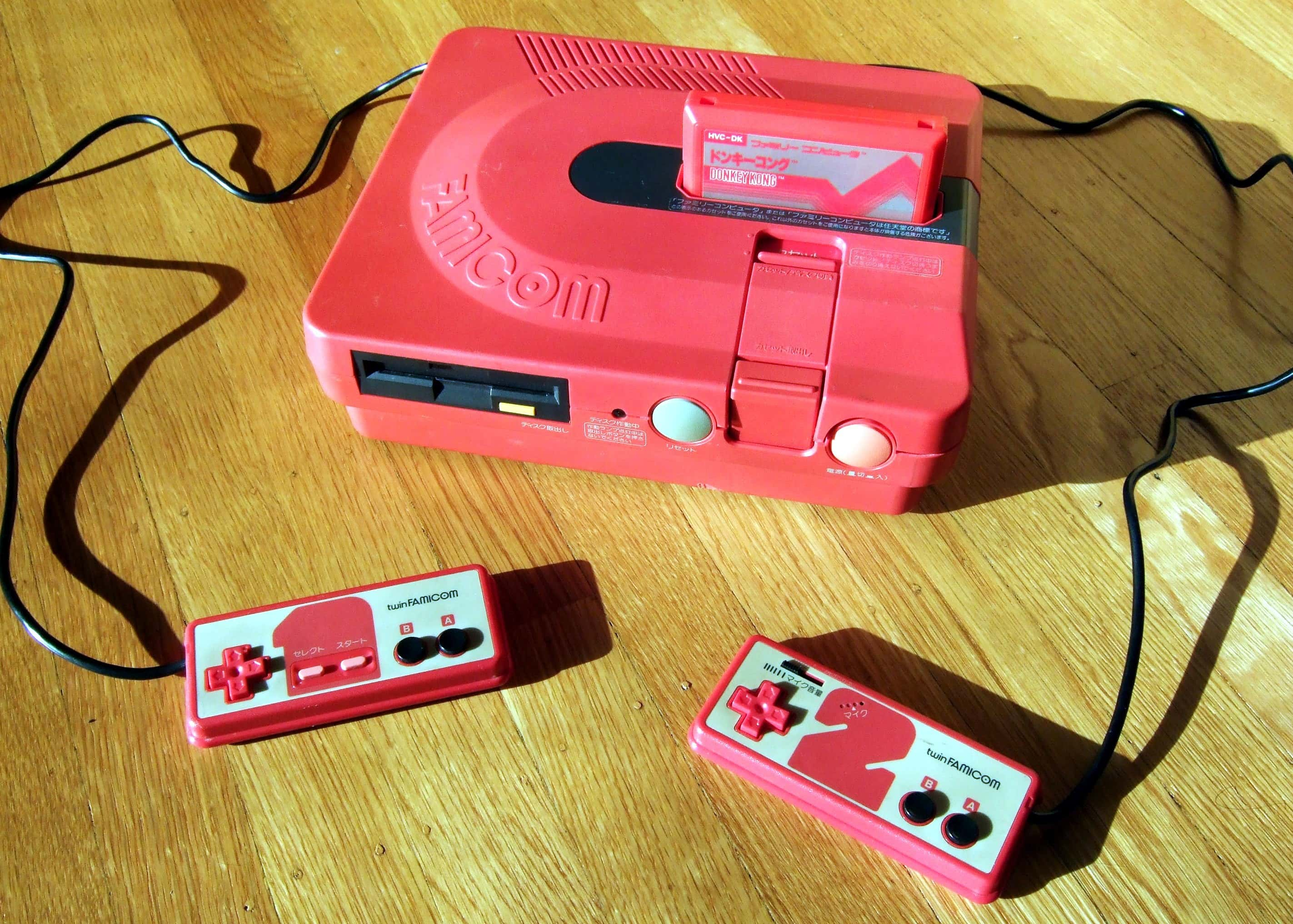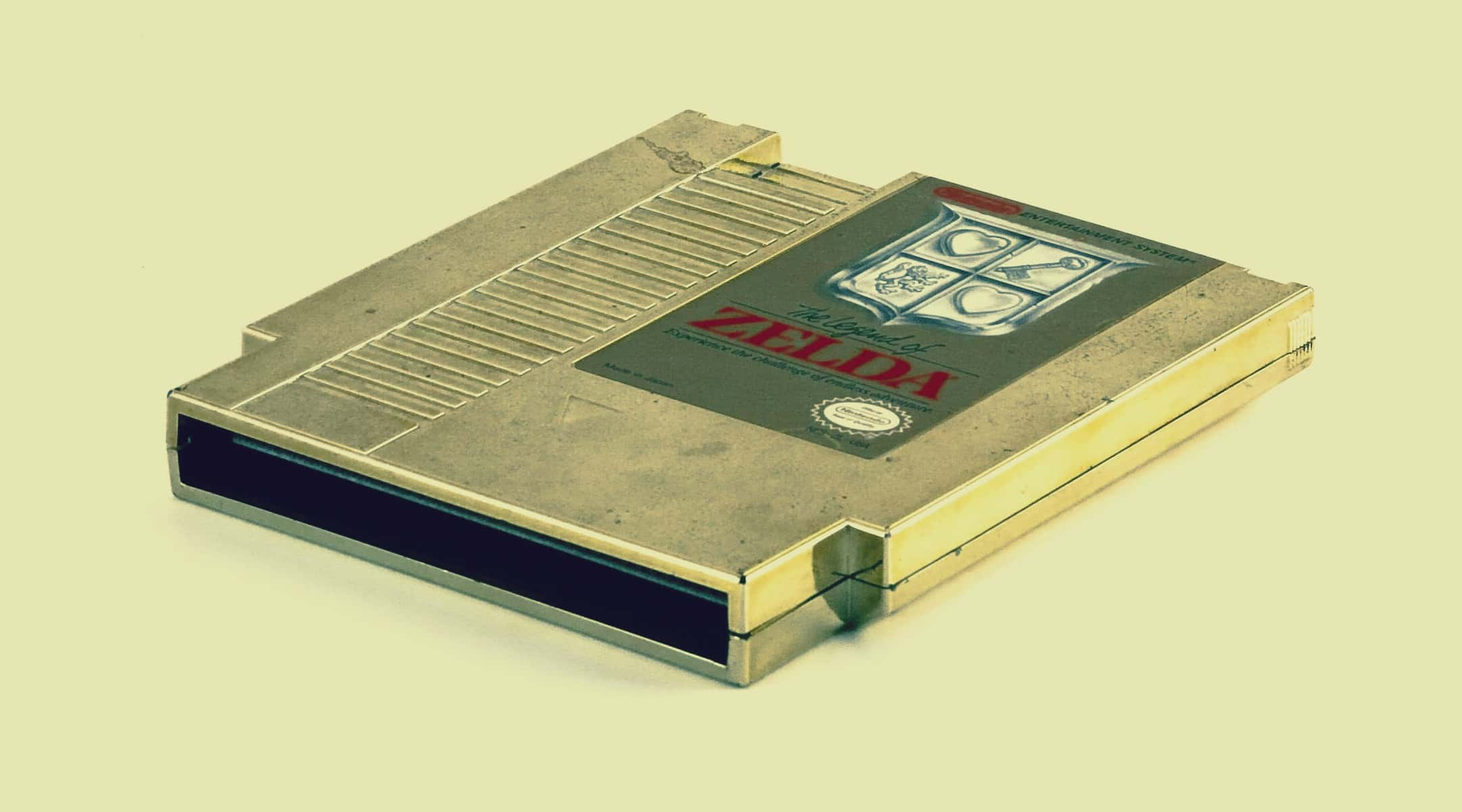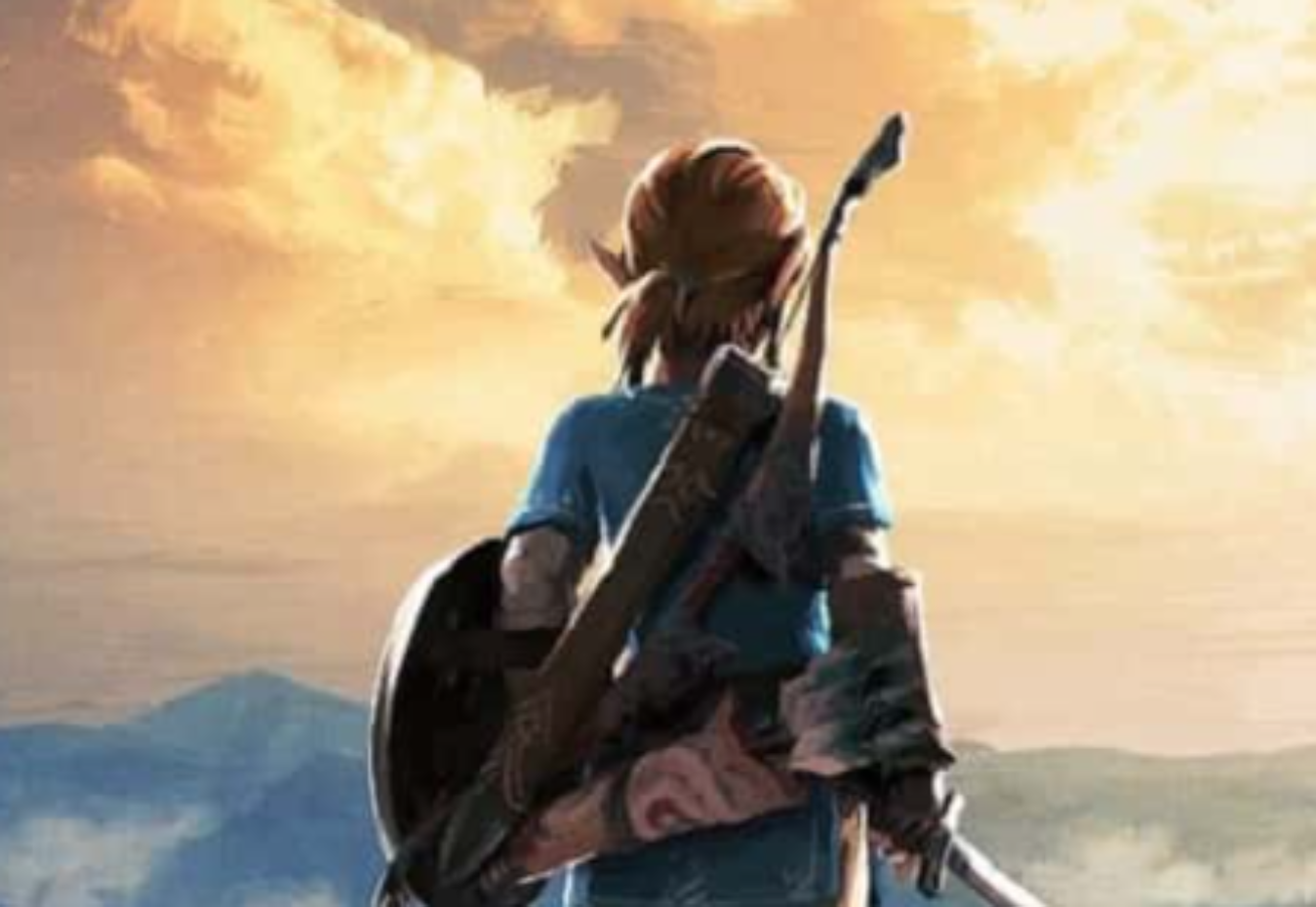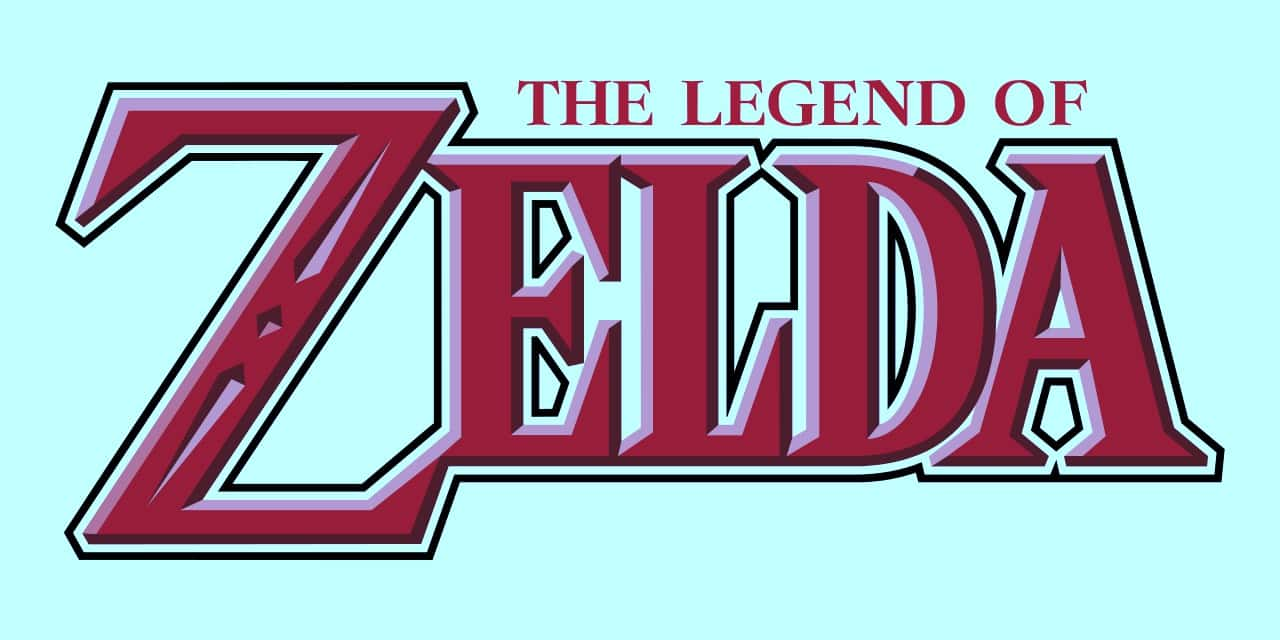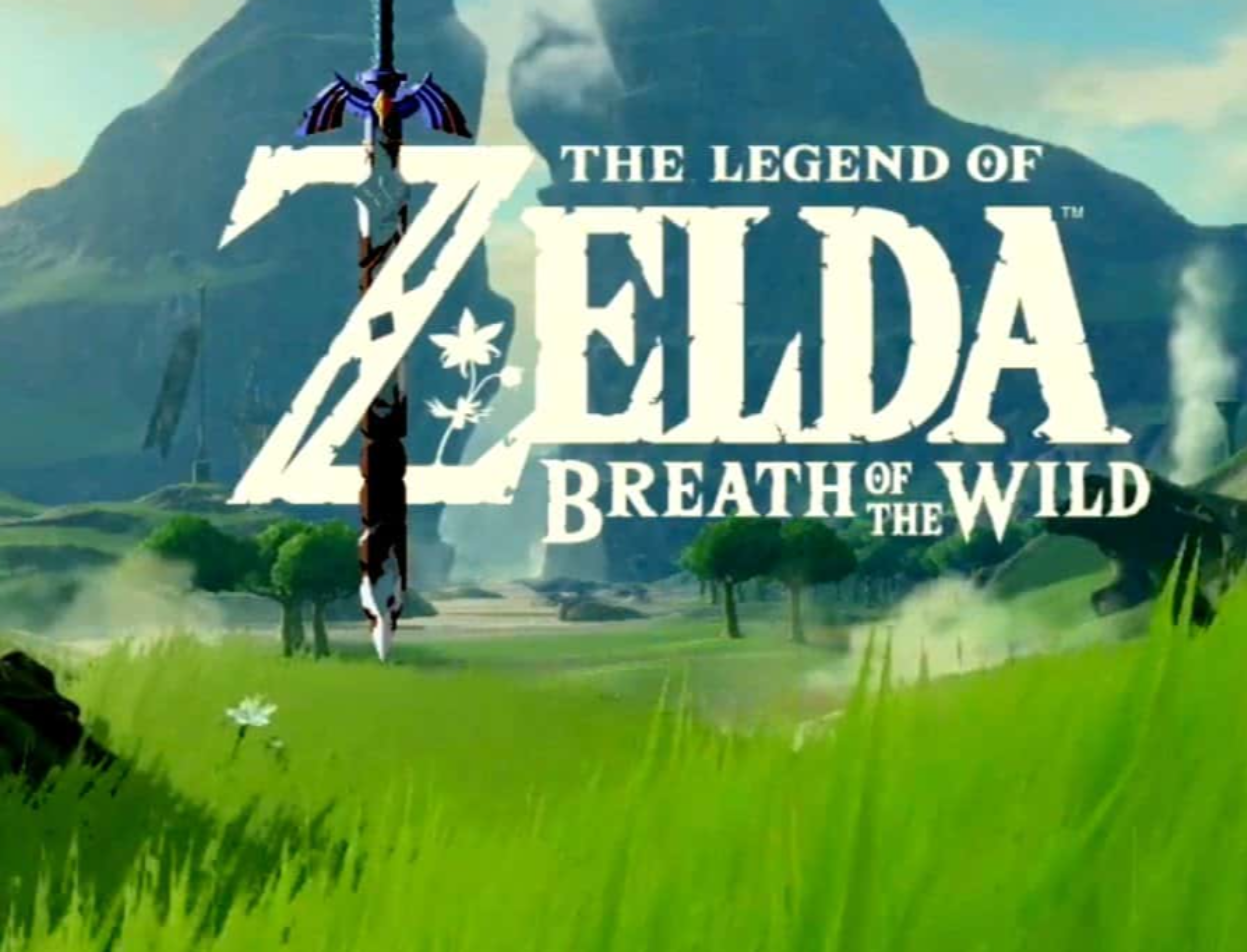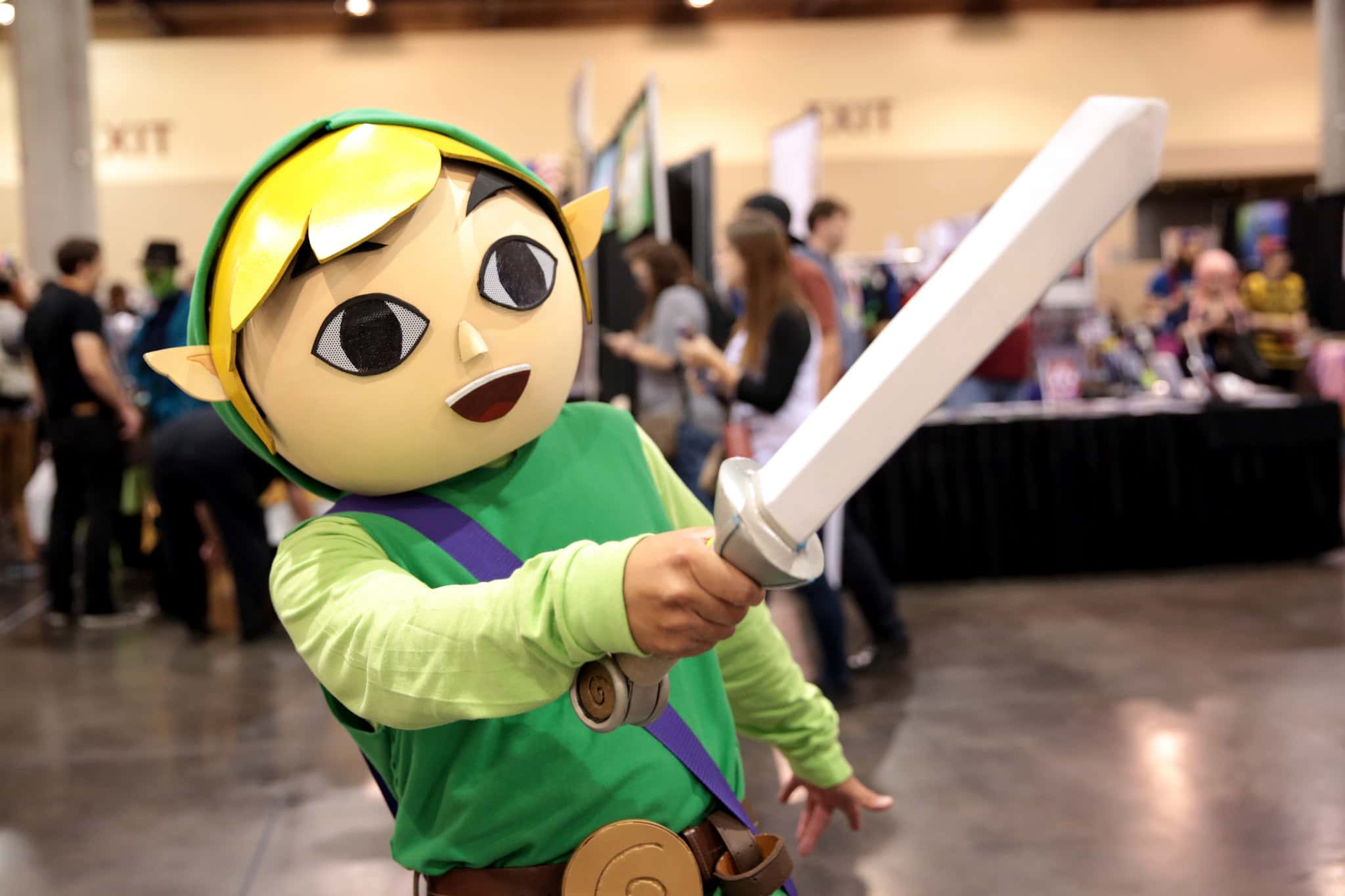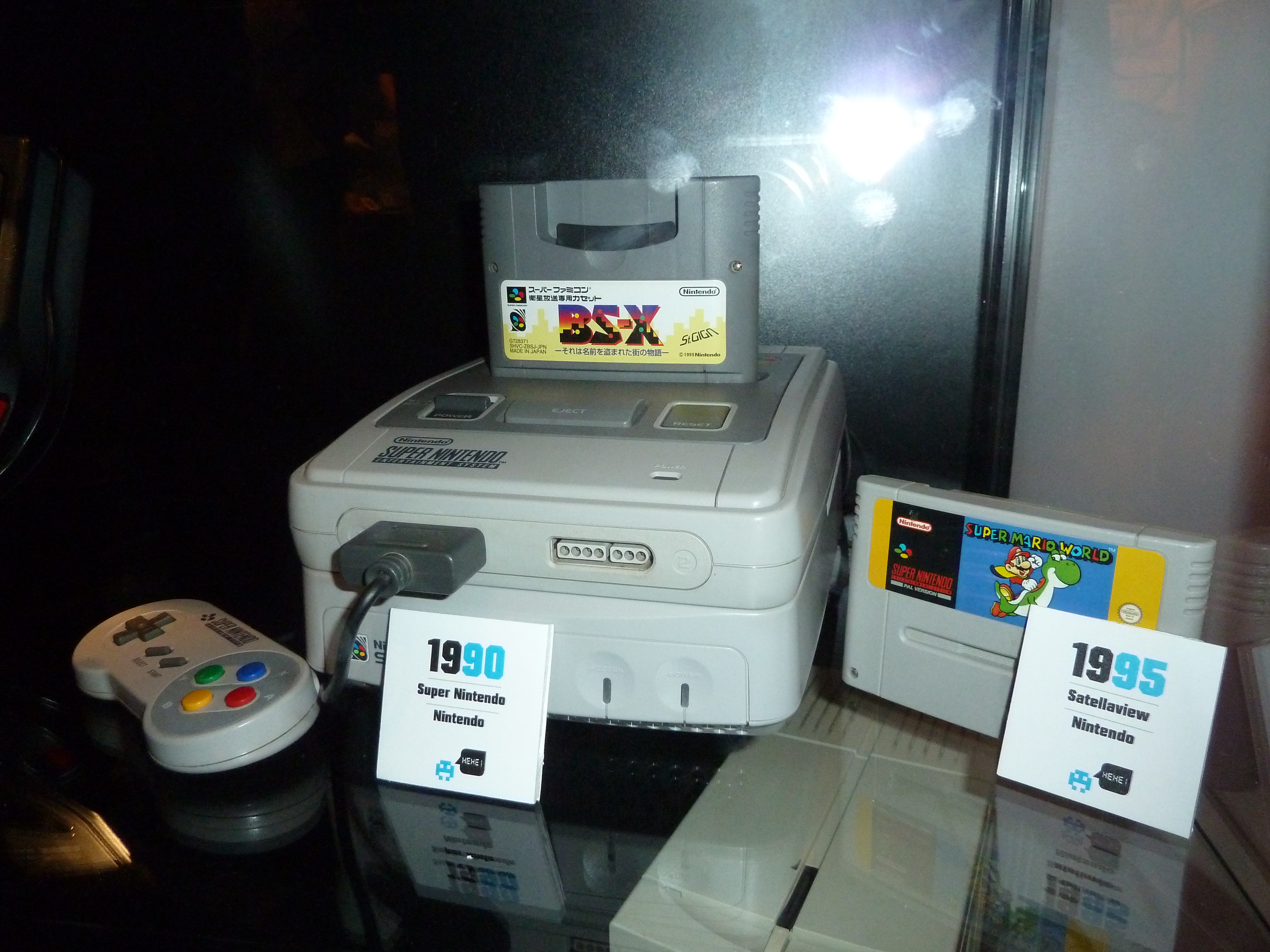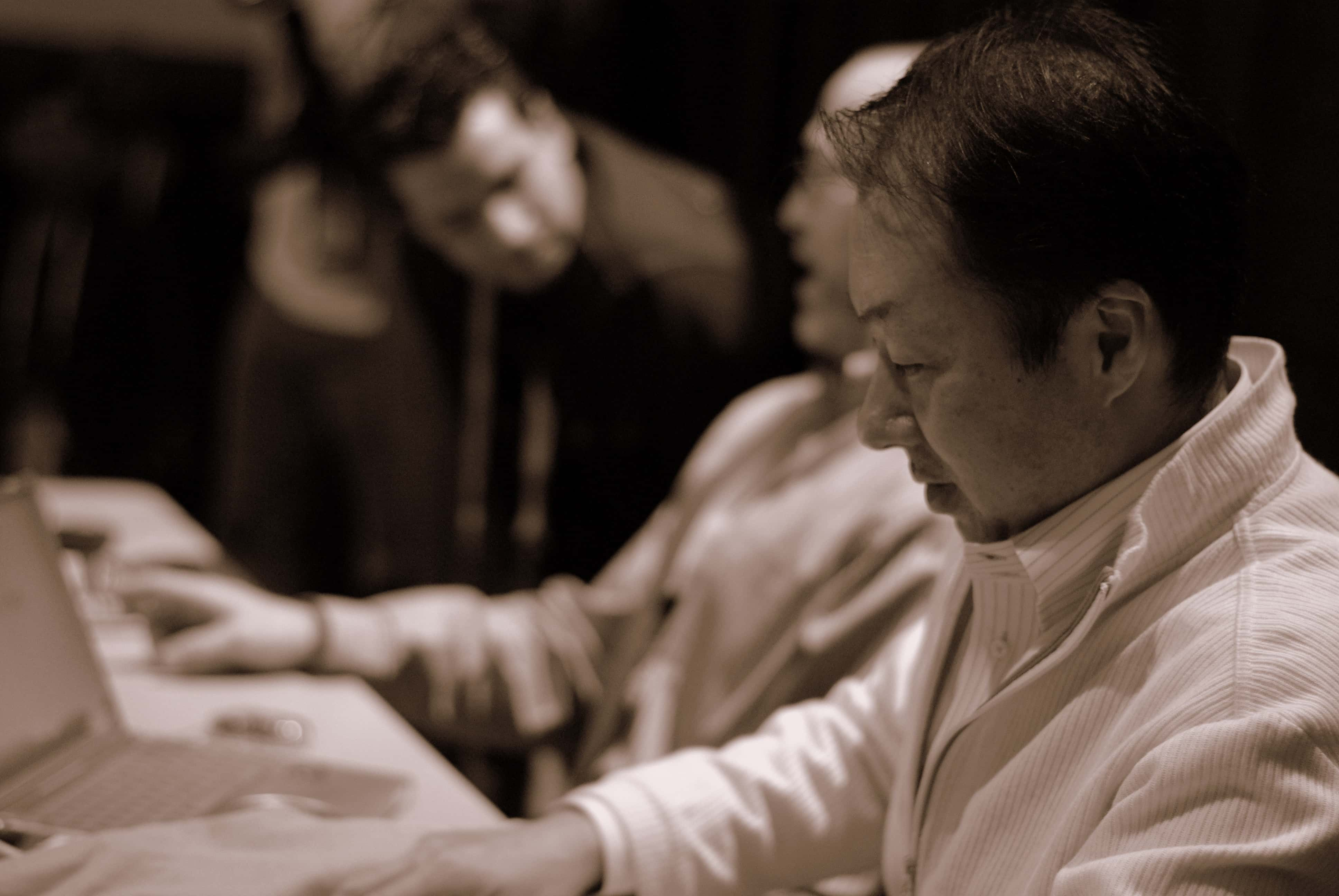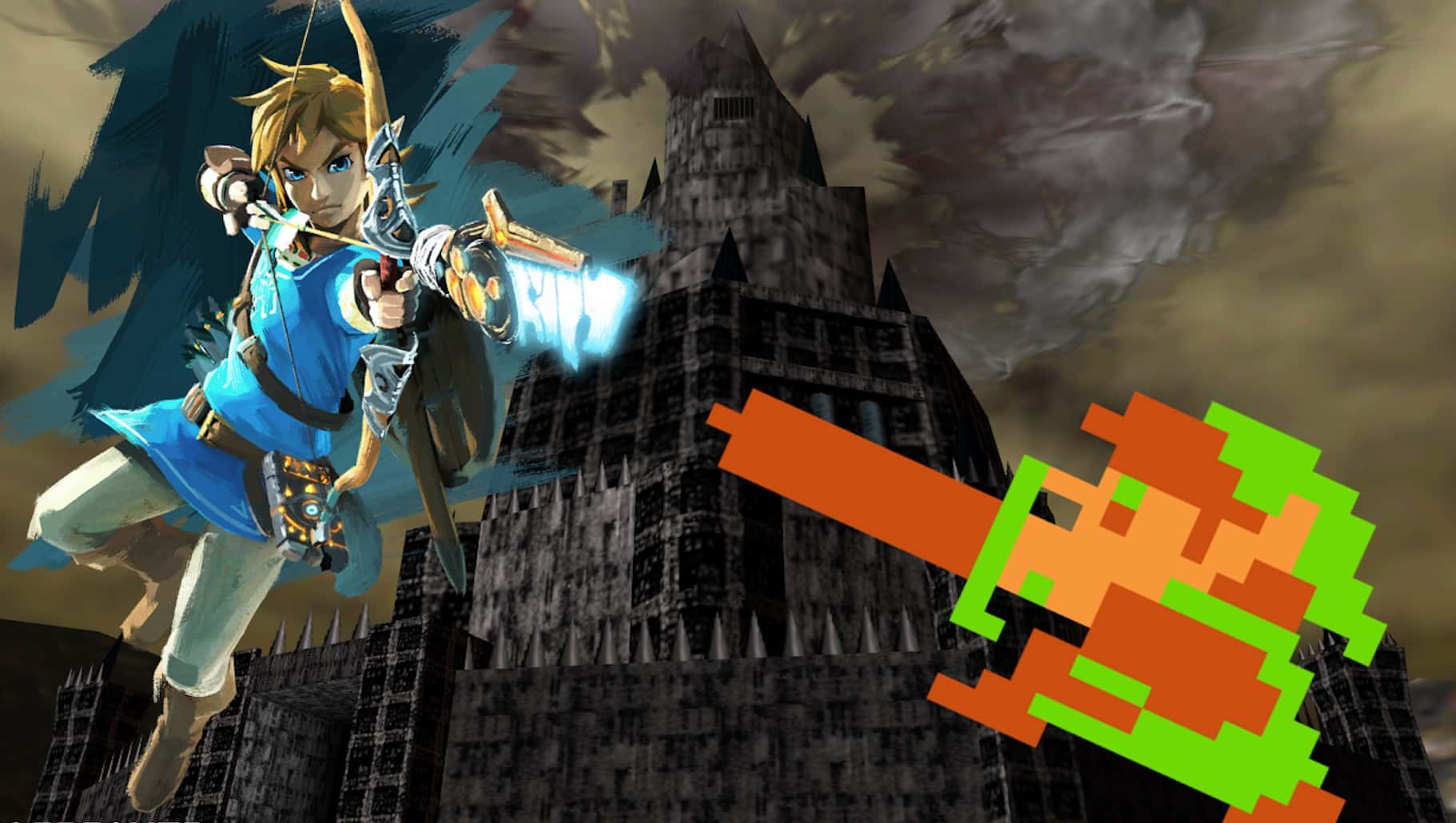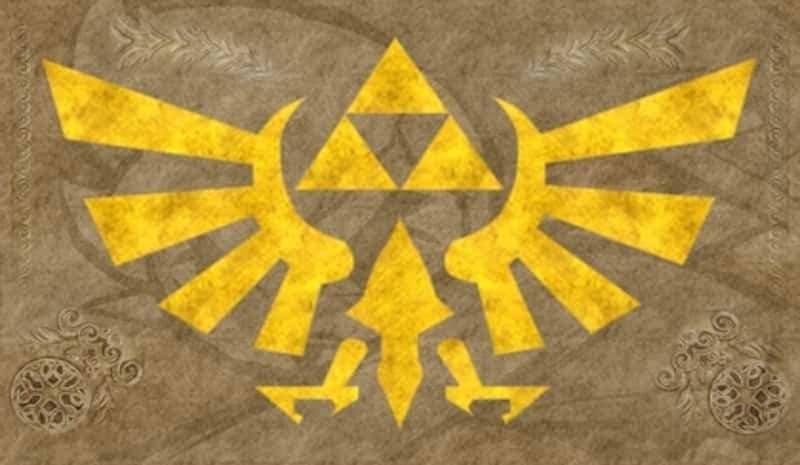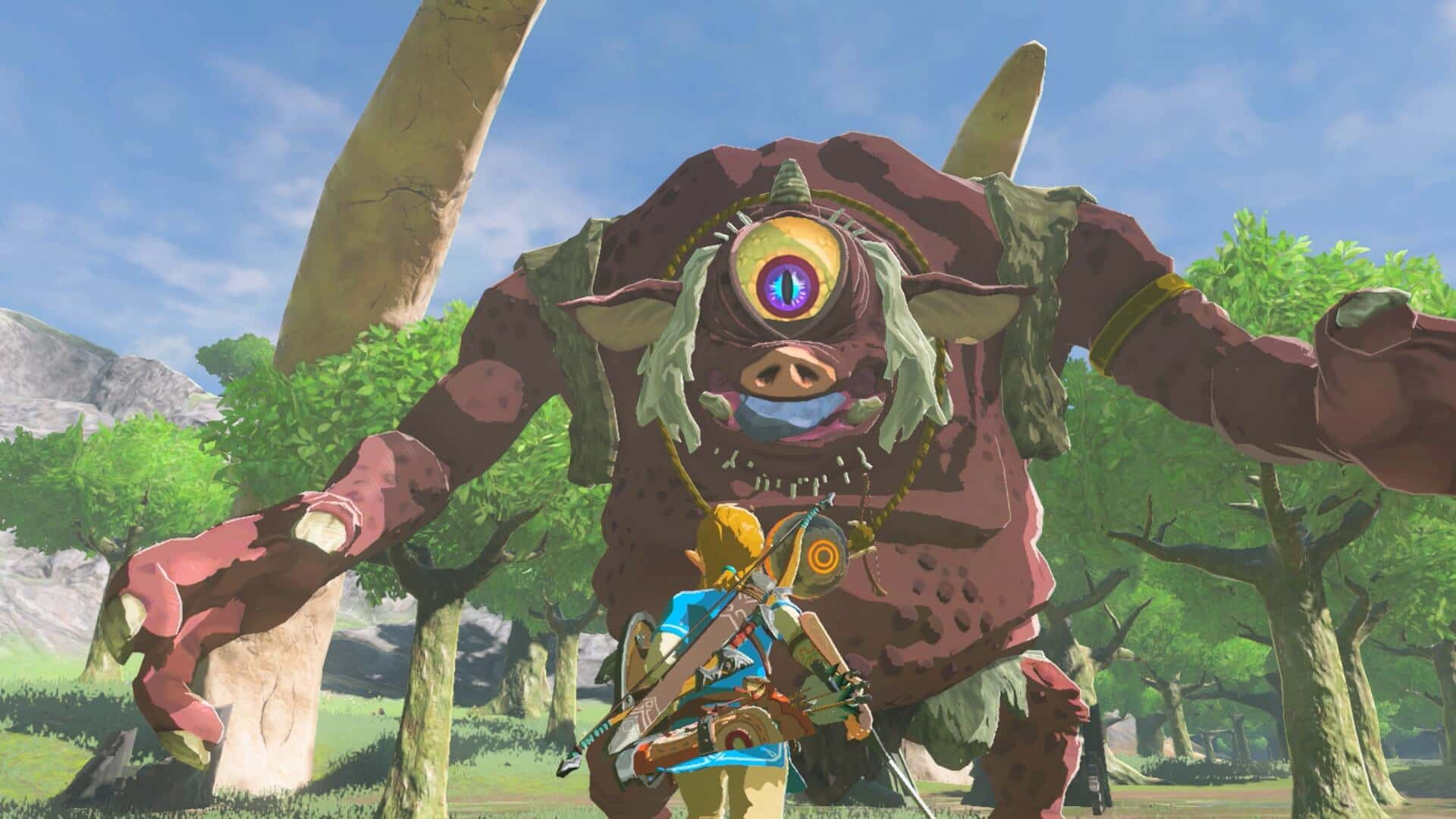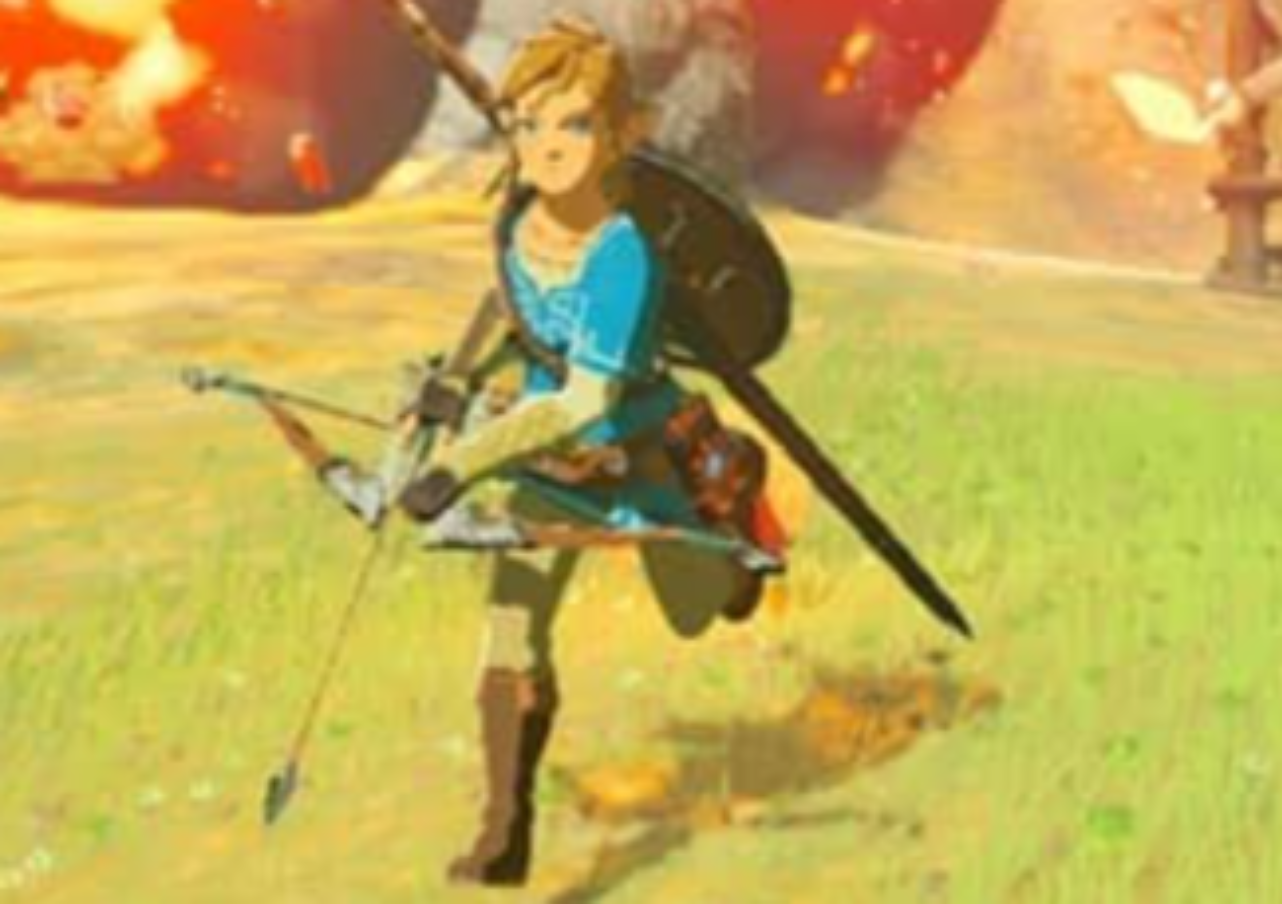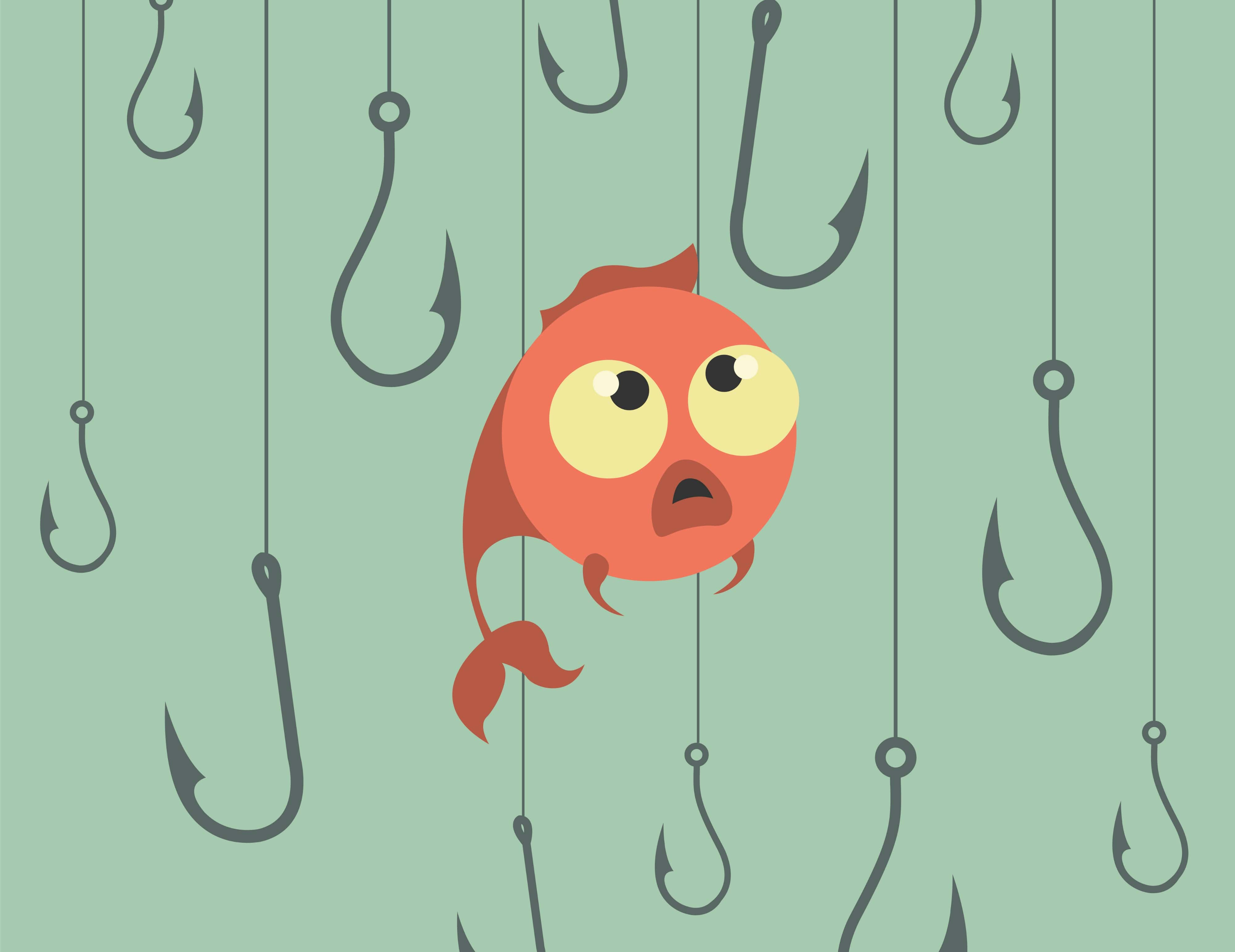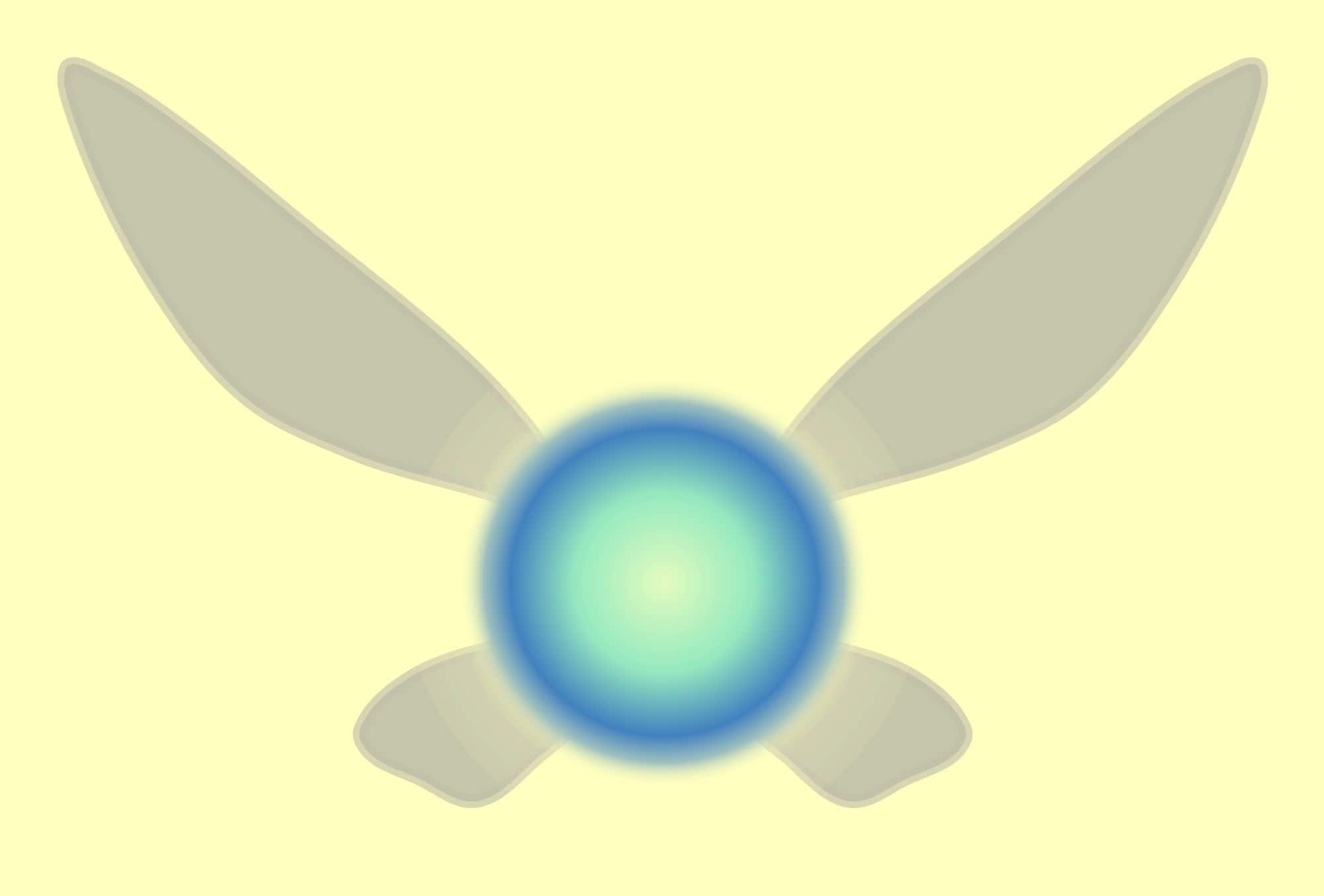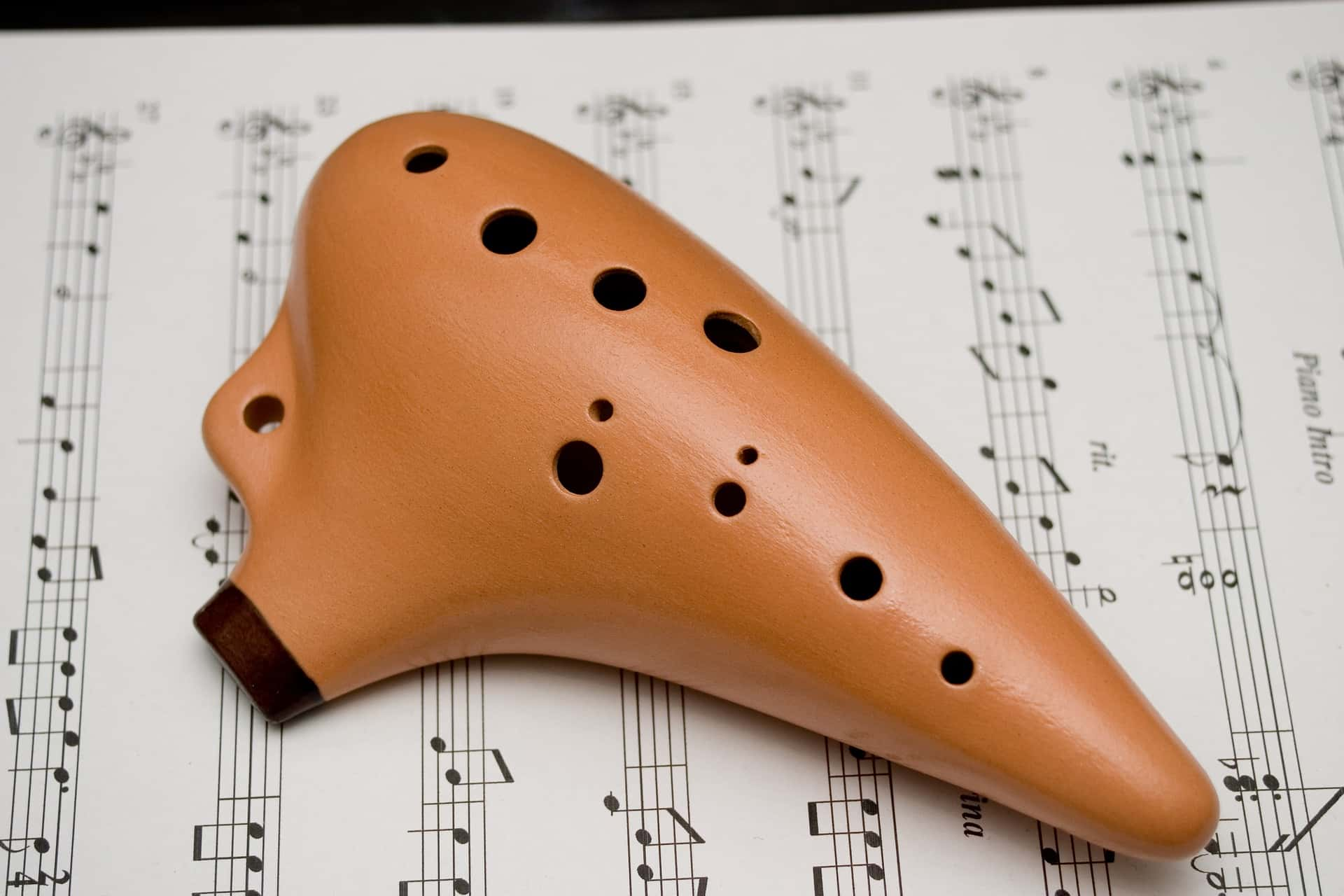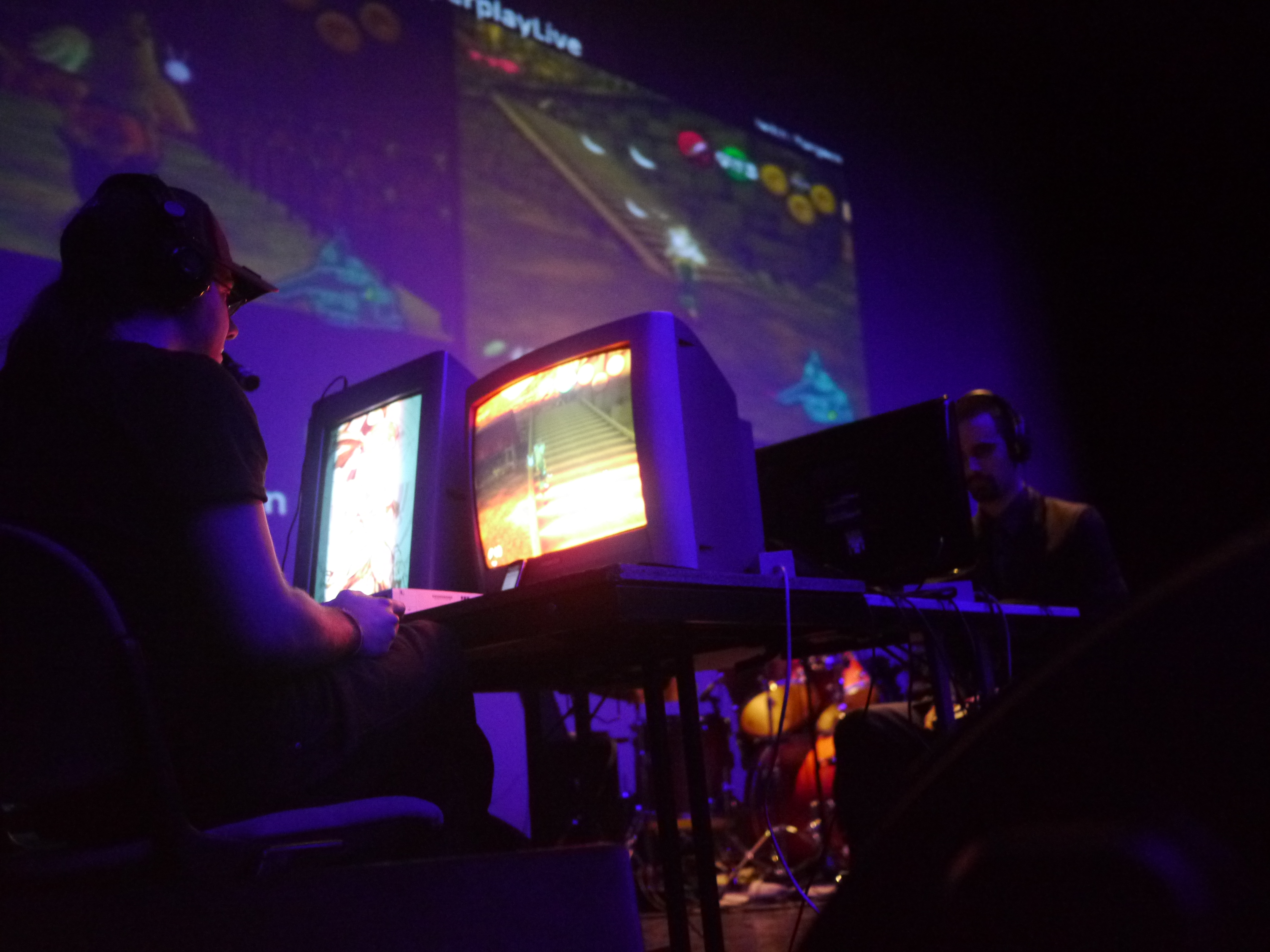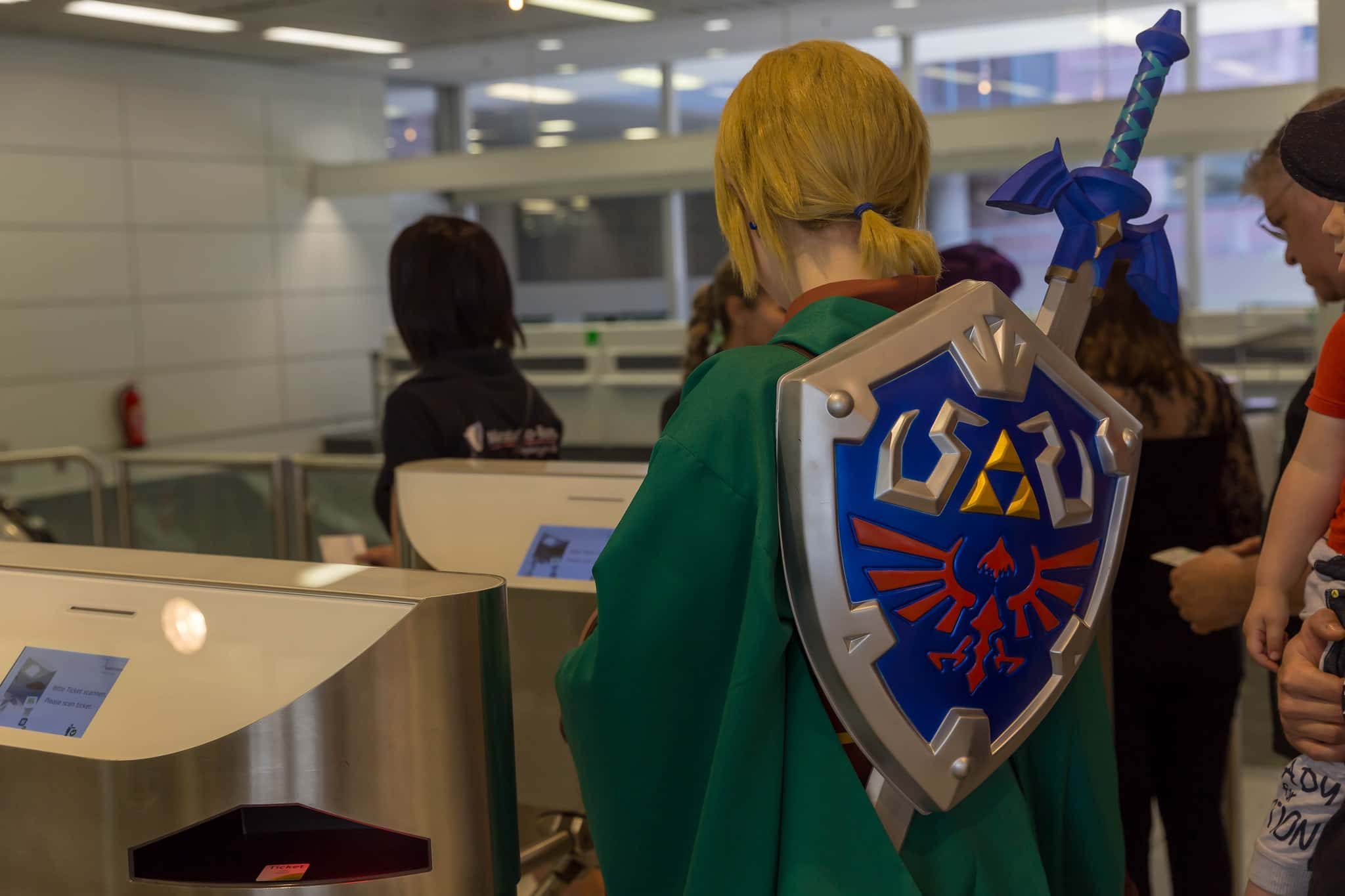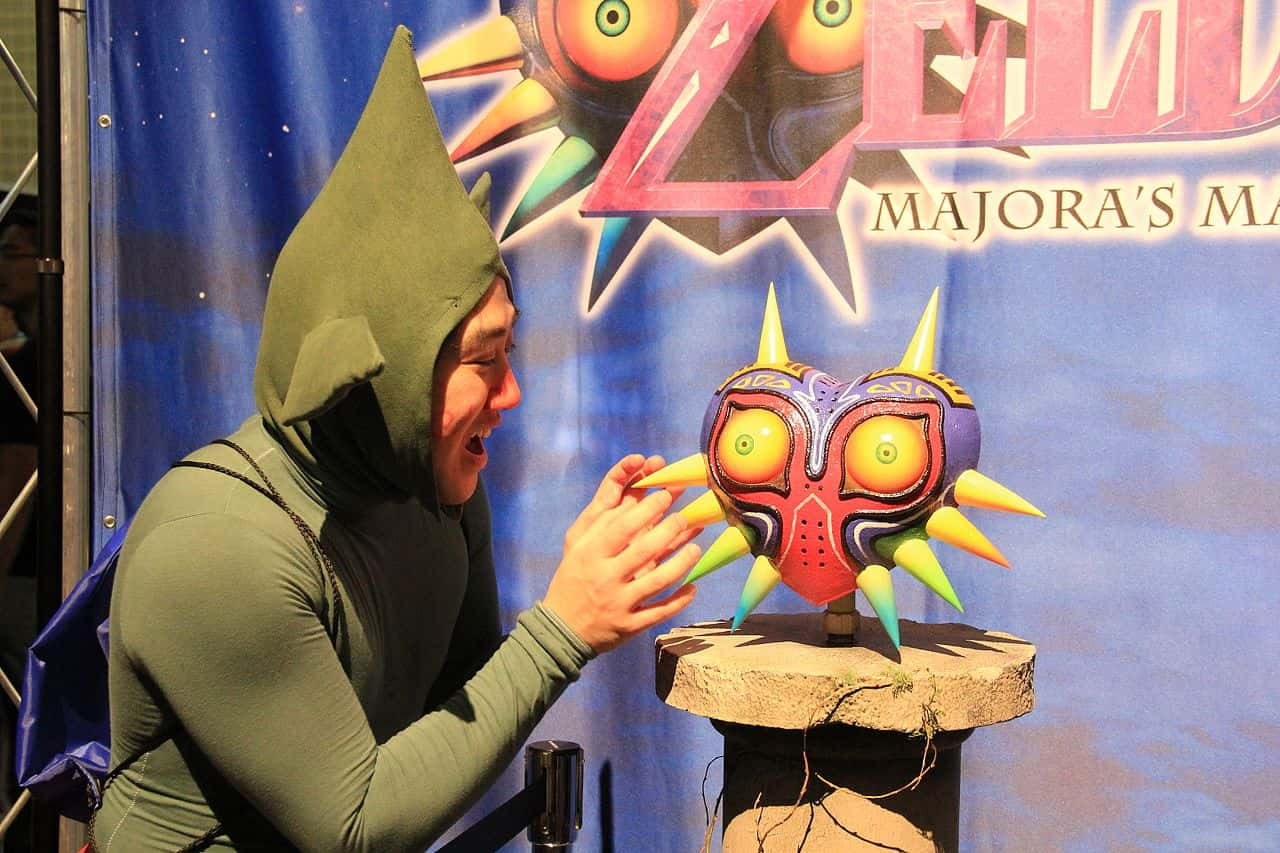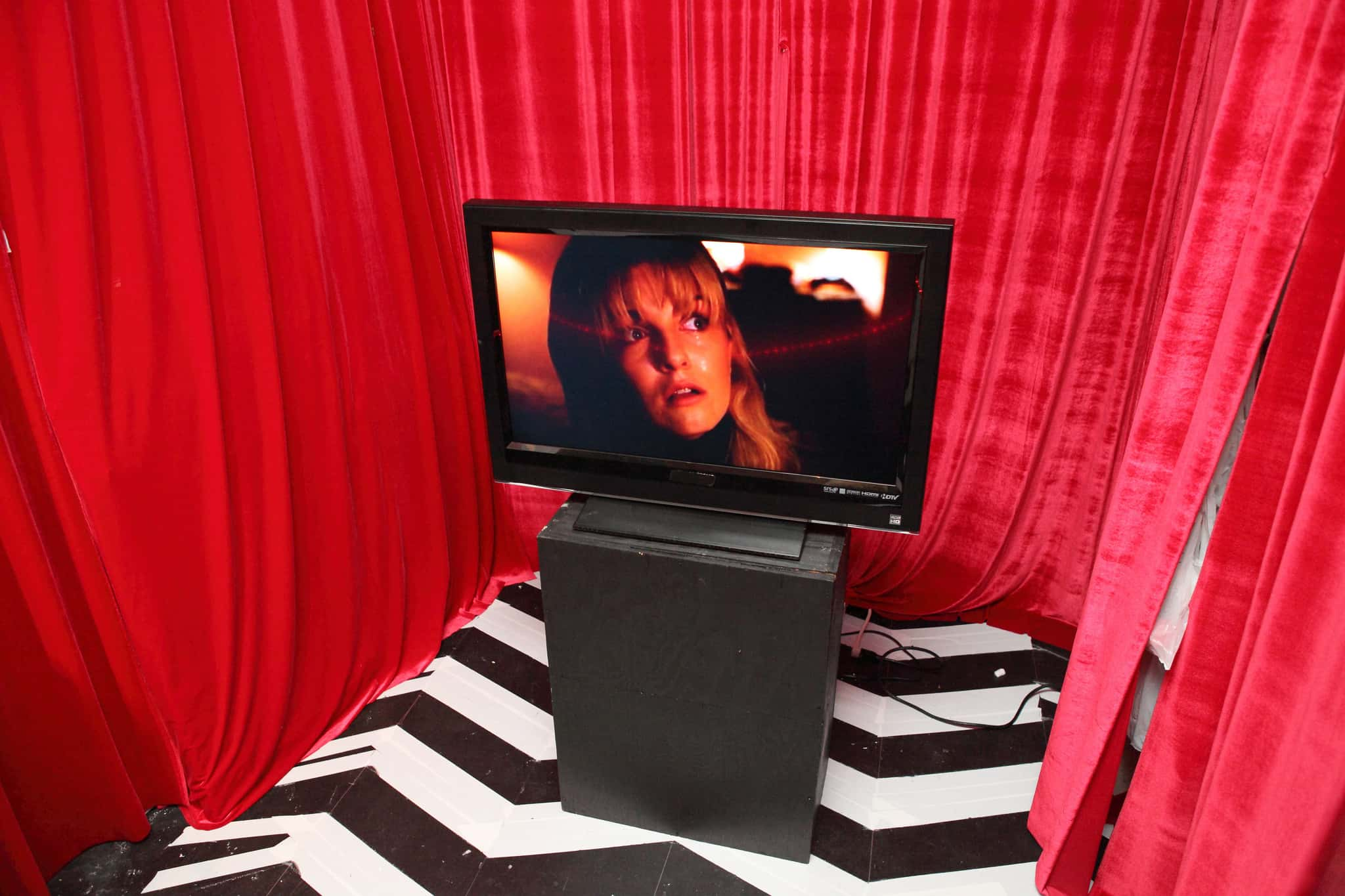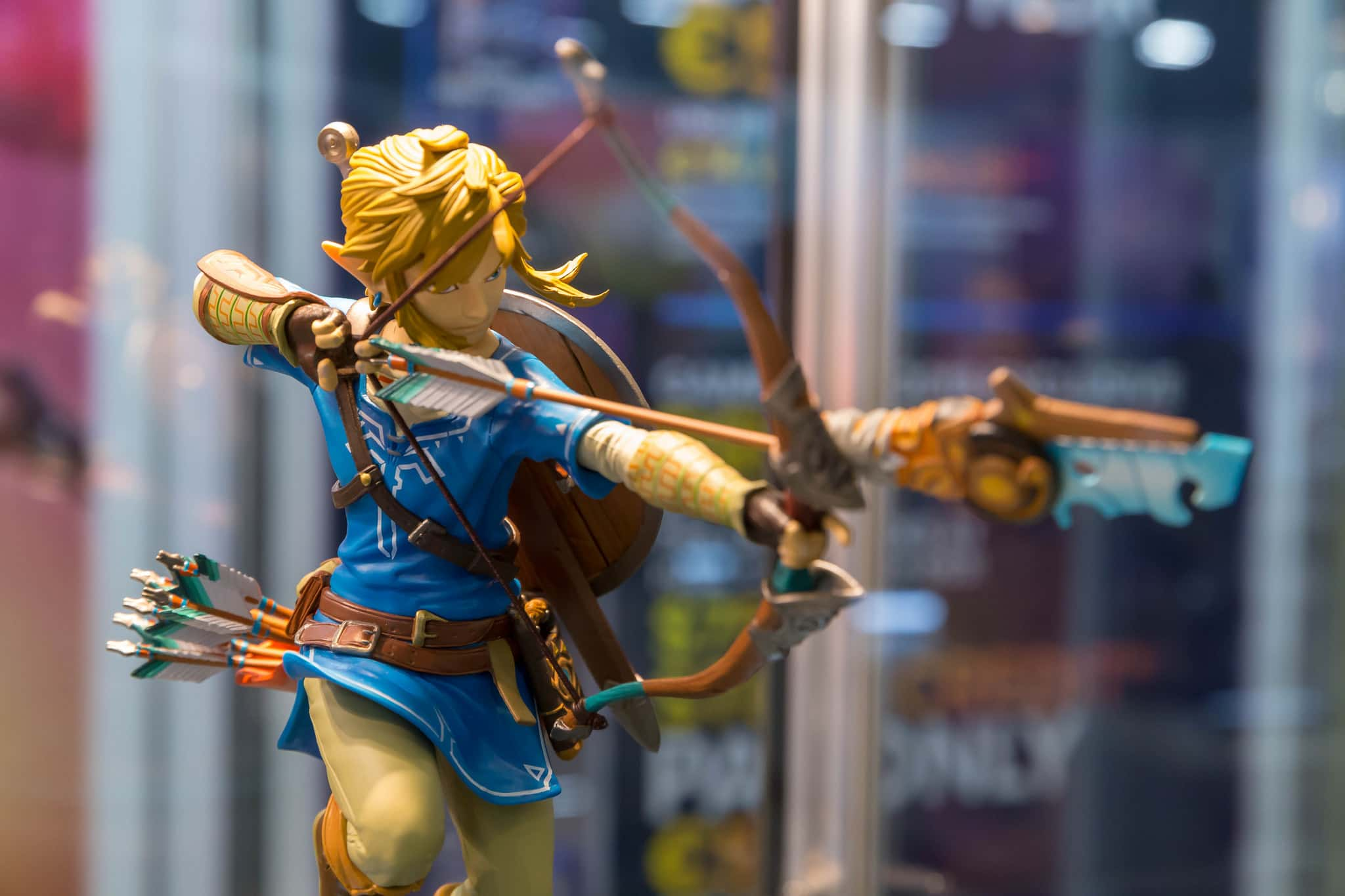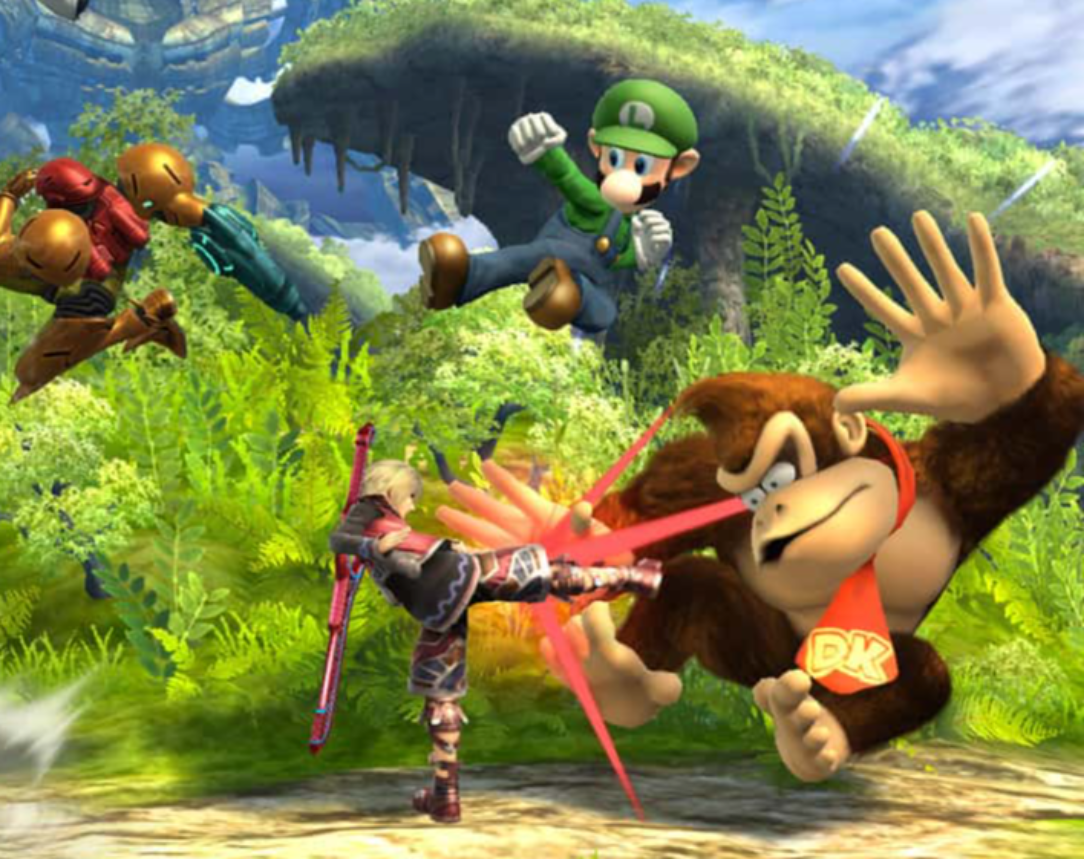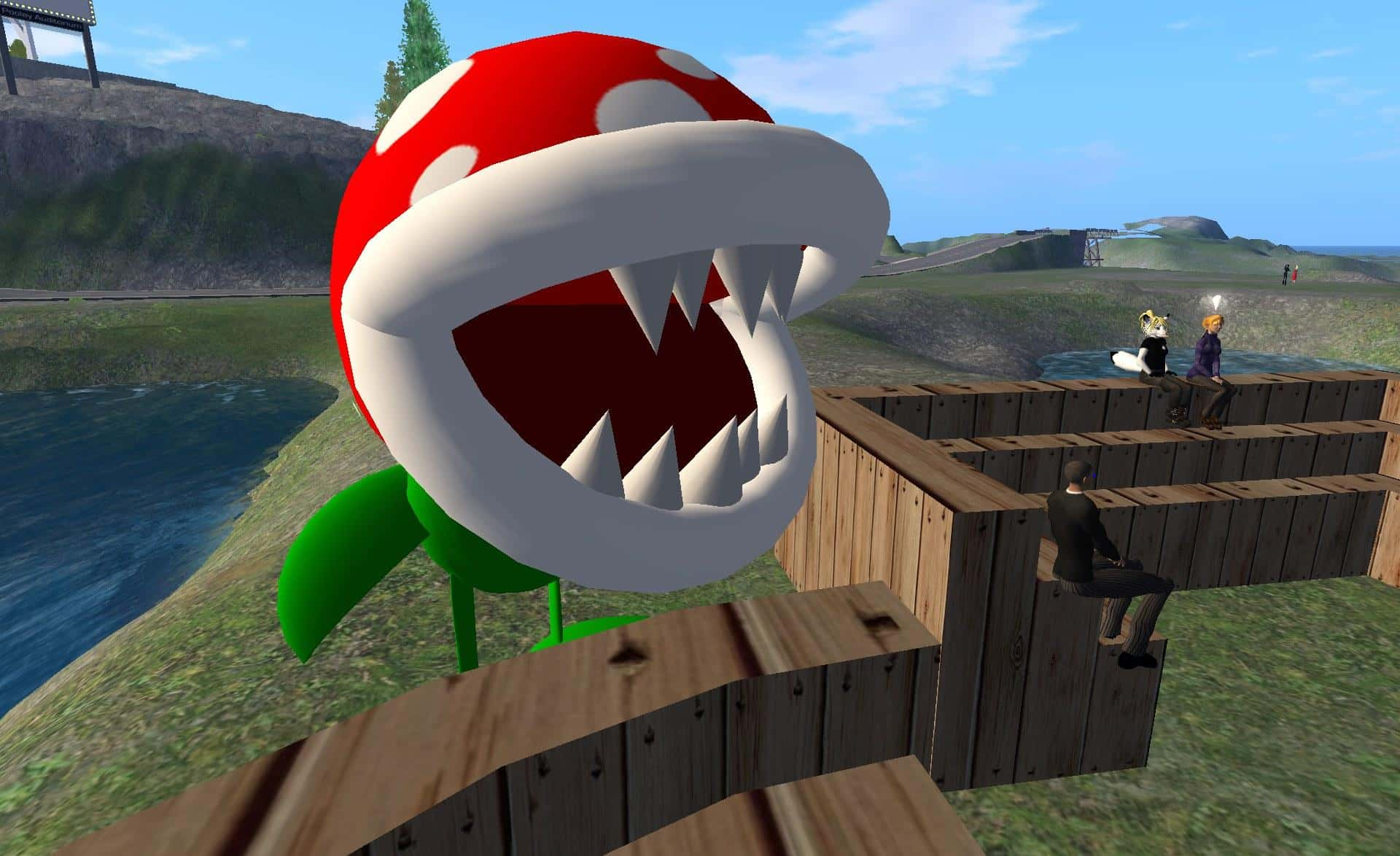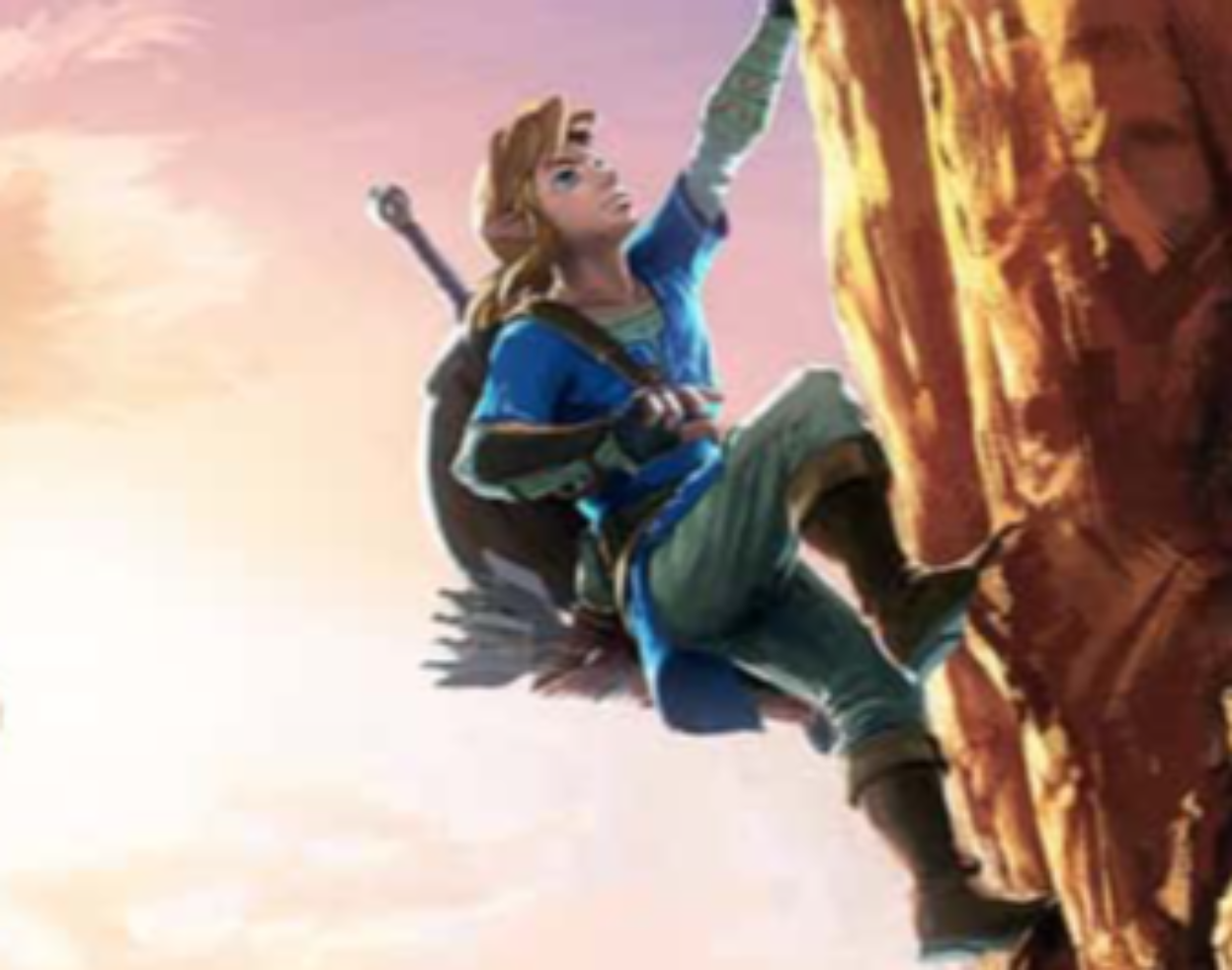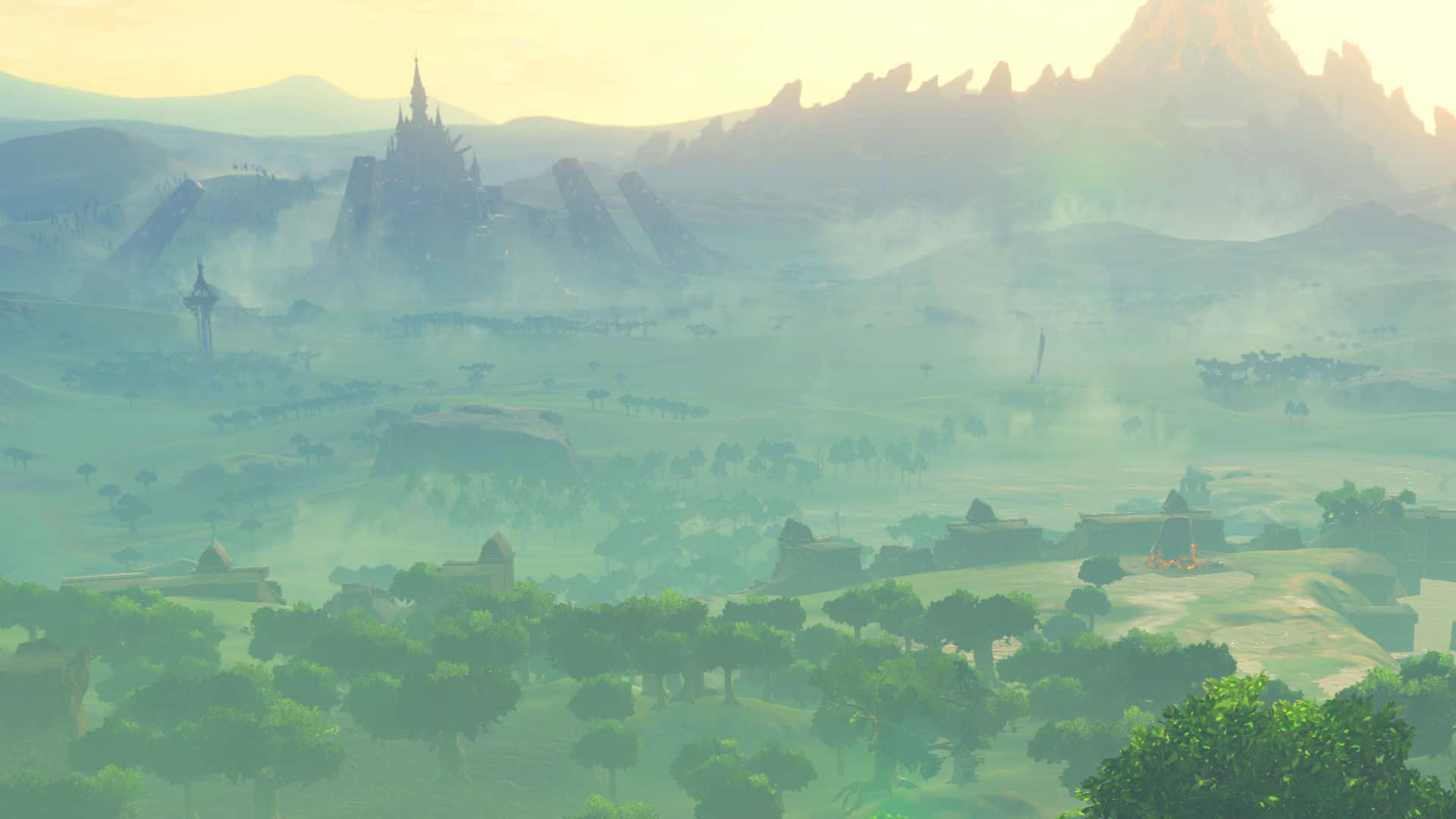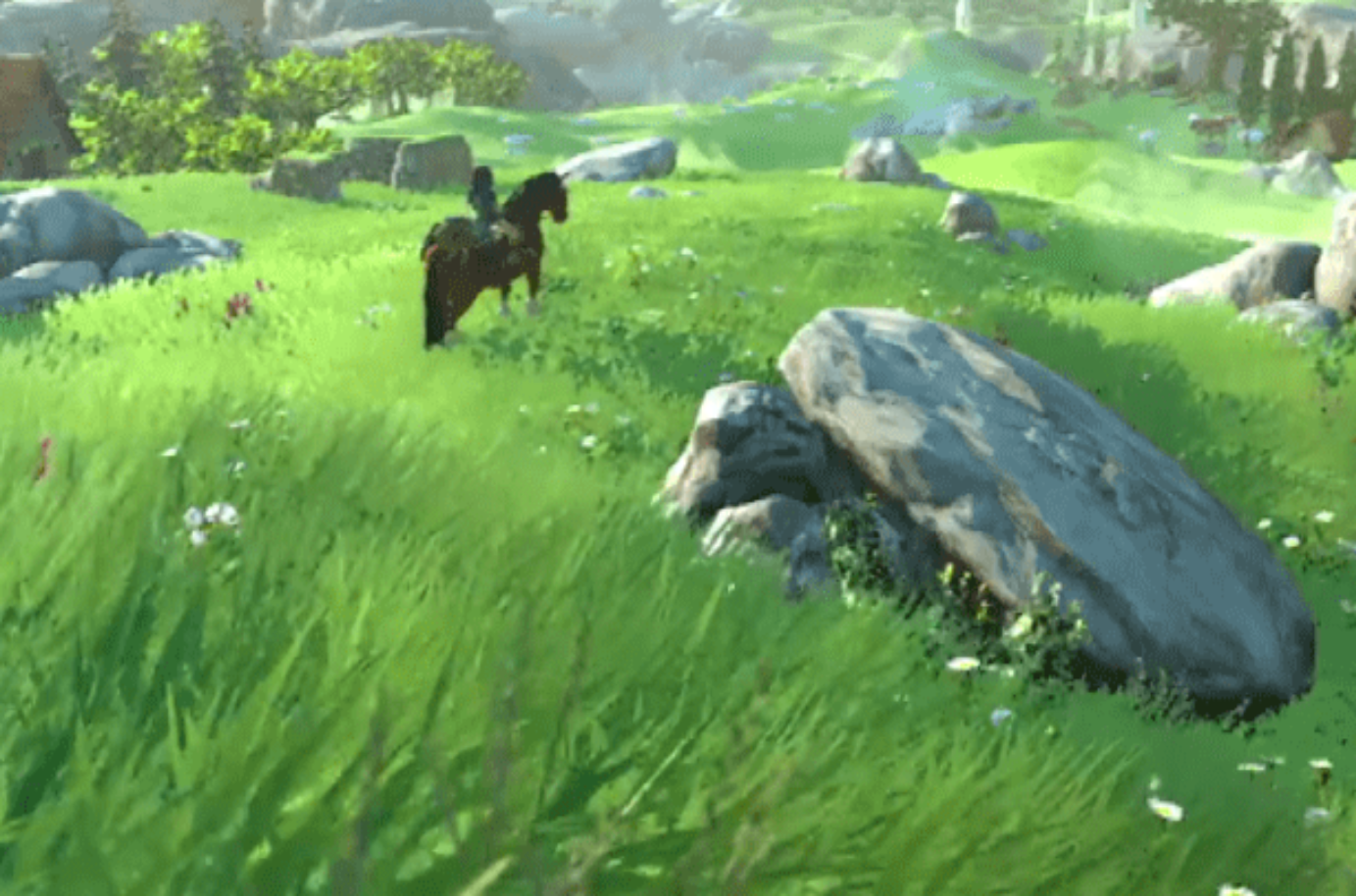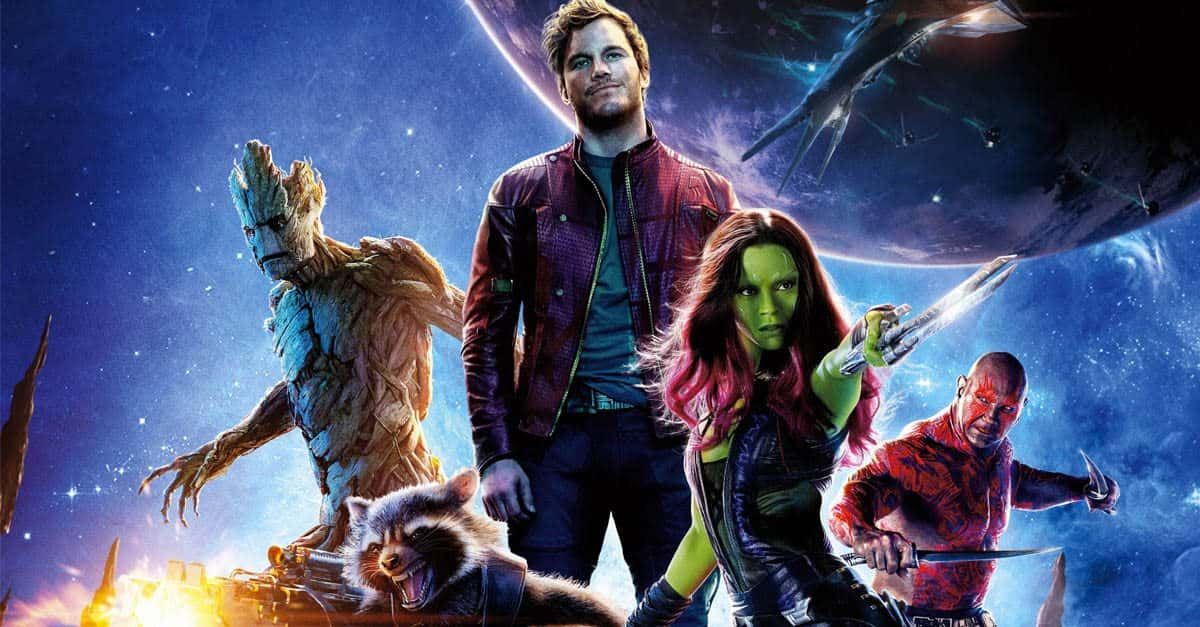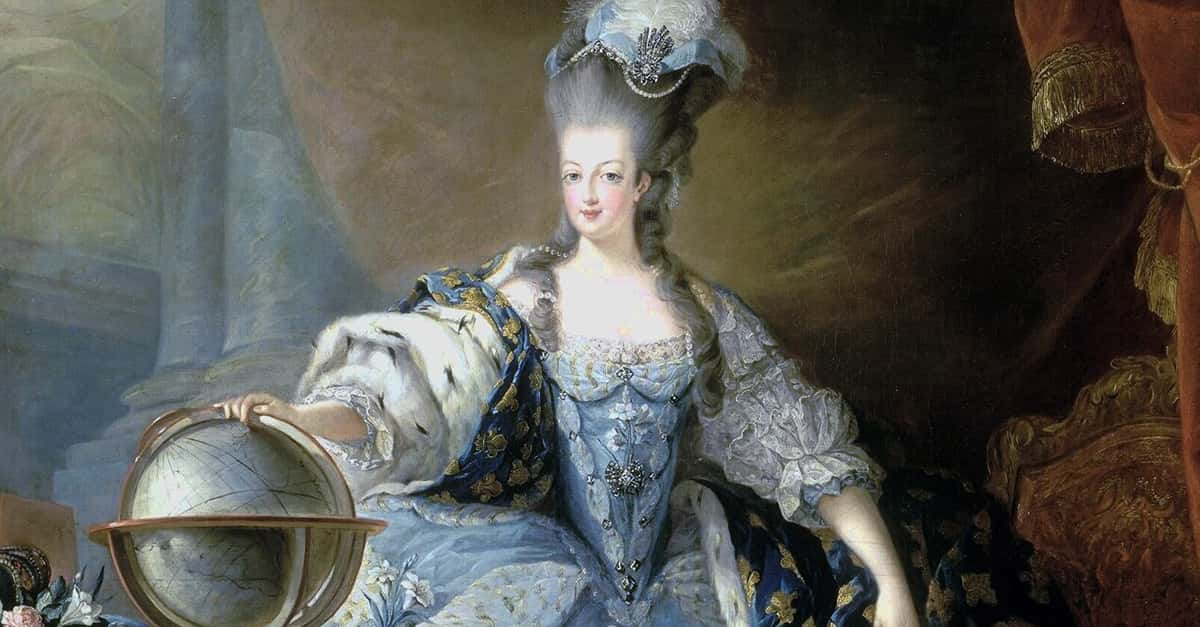Created by Shigeru Miyamoto, “The Legend of Zelda” is the story of Link who is often given the task of rescuing Princess Zelda and saving the kingdom of Hyrule from Ganondorf, known by some as the Great King of Evil or the Dark Lord. Since being introduced in 1986, the Zelda series has become one of Nintendo’s most successful franchises, spawning 19 games, a TV series, manga adaptations, and more. The videogames have sold over 75 million copies and some of the entries in the series are considered to be the best in the games of all time.
In light of the recent release of “Breath of the Wild,” the latest entry to the Zelda pantheon, here are a few facts about the beloved videogame franchise that you might now have known.
1. The best kind.
Shigeru Miyamoto not only created Donkey Kong and Super Mario Brothers, but was also the creative force behind the Zelda franchise. Inspired by the time he spent as a child exploring a miniature cave system he found in a dark hole near his town, he wanted to create a game that focused on exploration, instead of just racking up points. The more important question is: What kind of parents just let their child just wander into a hole? The best kind!
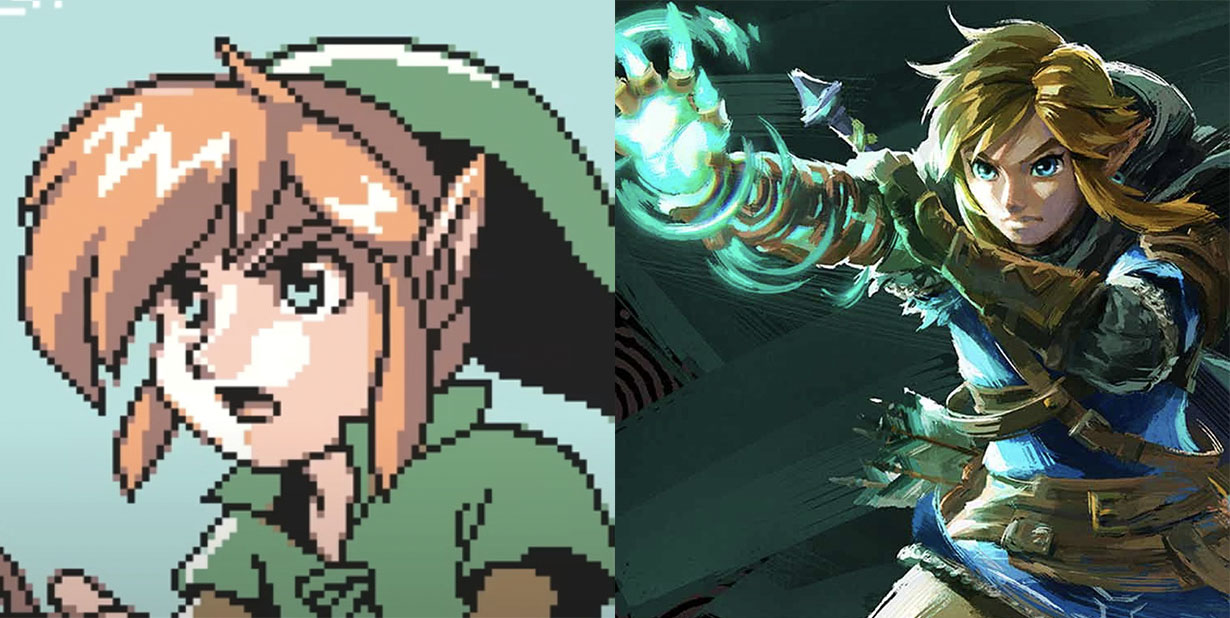
2. Witchy Woman
Zelda was named after Zelda Fitzgerald, wife of “Great Gatsby” author F. Scott Fitzgerald. Miyamoto says he wanted the game’s princess to have a mysterious quality and Mrs. Fitzgerald fit the bill perfectly.
3. Left is Right
Link is left-handed in every game until the Wii versions were released that featured a right-handed Link to accommodate the right-handed noobs and their Wiimotes.
4. Game Genie
Robin Williams was a huge fan of the series and had once expressed interest in voicing Ganon in a future game and also named his daughter after Princess Zelda. Her name is Zelda Williams. What did you expect?
5. We Like Subtitles
The Japanese version of “The Legend of Zelda” included the subtitle “The Hyrule Fantasy,” which made a lot of sense given it’s a fantasy set in Hyrule. The title itself didn’t seem to make much sense unless it meant Zelda was legendary at being kidnapped.
6. Never Say Never Never
Shigeru Miyamoto says that Link was modeled after Disney characters. Green tunic, pointy ears, BFFs with a fairy. Huh. Which Disney character could it possibly be?
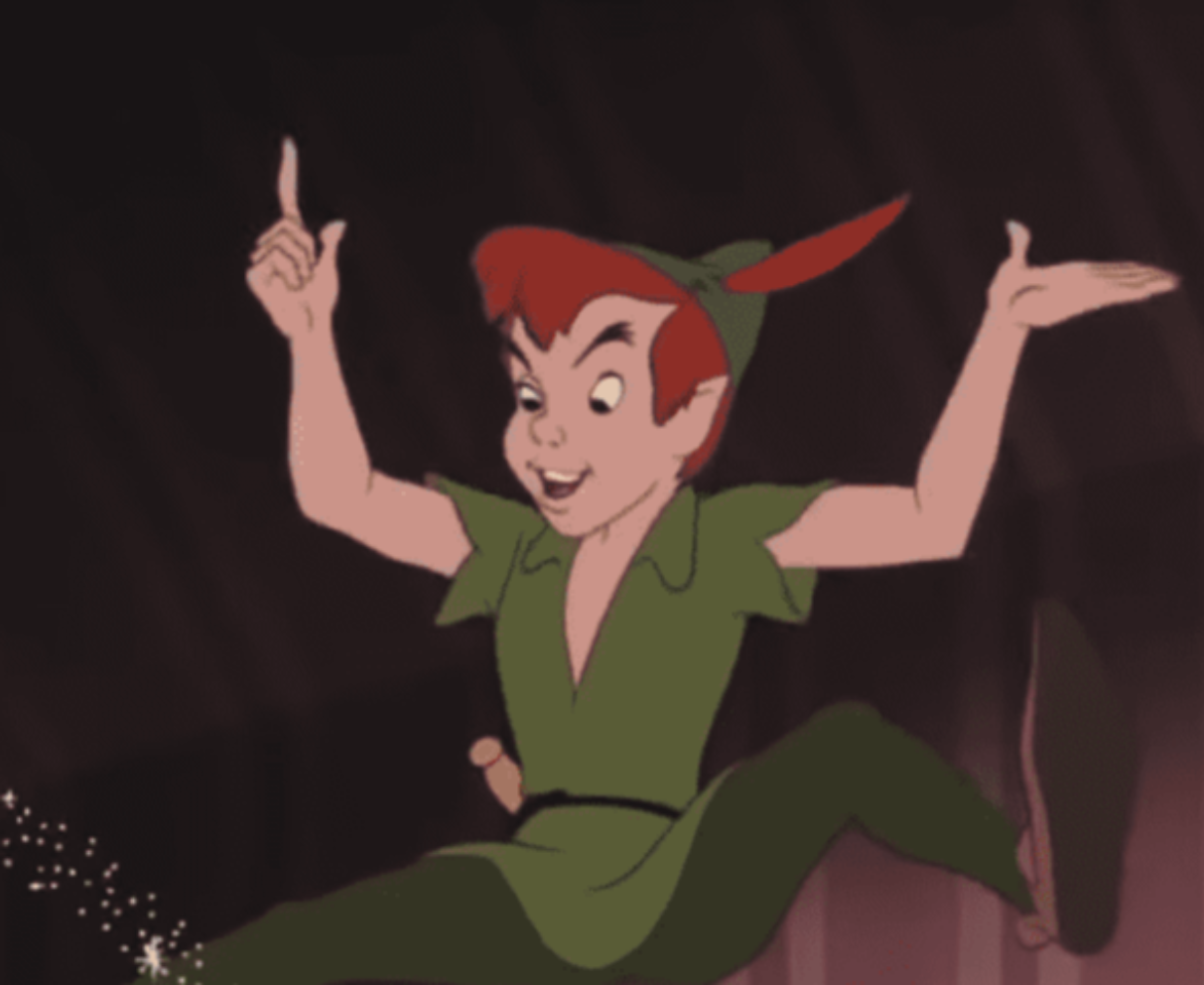 Peter Pan, The Walt Disney Company
Peter Pan, The Walt Disney Company
7. Drop the Mic
The Japanese version of The Legend of Zelda utilized the microphones that were built into the game controllers of the Famicom system by allowing the Pols Voice creatures to be defeated by making noise into the mic. The US version of the game removed this mechanic since those mics didn’t exist on the Nintendo system. However, the manual still suggested that Pols Voices hated noise which made players believe they needed to use the whistle when, in fact, Pols Voices were simply vulnerable to arrows. Just like the rest of us.
8. Dungeon Master
The game was originally set to launch on floppy disks and would allow players to use that memory storage to create and share the dungeons. However, once Nintendo settled on hard cartridges this idea got scratched. We were so close to getting ZeldaCraft but didn’t because, as always, terrible decisions get made when going from floppy to hard. Disks.
9. Cookie Cutter
Each dungeon in “The Legend of Zelda” is the shape of its name. The Snake looks like a snake, The Eagle is shaped like an eagle, The Demon is shaped like Justin Bieber, and so on.

Sign up to our newsletter.
History’s most fascinating stories and darkest secrets, delivered to your inbox daily. Making distraction rewarding since 2017.
10. Nazis Ruin Everything
The dungeon called The Manji is shaped like a German WW2 sign. But it’s okay. It’s a left-facing sign so it’s only super taboo in the mirror.
11. Gimme a Z!
The floor plan, or dungeon maps, of first five dungeons of The Second Quest spell Z-E-L-D-A.
12. Environmentally Unfriendly
The new Zelda: Breath of the Wild was playtested as an 8-bit game first to test some of the newer game mechanics to see if they’d work in a Zelda game. In the top down old-school pixel prototype, Link could chop down a tree to cross a previously impassable river or light a forest on fire. If there’s one thing we’ve learned from this prototype, Link really doesn’t like trees.
13. In Touch with His Feminine Side
The voice of Link is a woman named Fujiko Takomoto who is also the voice of Taki in “Soul Caliber” and a Young Mewtwo in “Pocket Monsters".
14. This is BS
Back in 1995, there was a version of Zelda that Japanese players could access via Satellaview (a modem that connected to the Super Nintendo and allowed for the streaming of games). The game was a 16-bit remix of the original Zelda that had a real time clock, a new plot, and no Link. It was called “BS The Legend of Zelda". The BS stood for broadcast satellite. AKA the stuff that Sony is currently spouting about how their video game streaming service is groundbreaking.
15. Face the Music
“The Legend of Zelda” originally planned to use Ravel’s Bolero as its main theme, but scrapped that plan at the last minute after realizing the song was still under copyright. Legendary composer Koji Kondo needed to come up with a replacement immediately and wrote the iconic theme in just one day.
16. Y?
Nintendo Power magazine held a contest to put one lucky fan’s name in the SNES classic “The Legend of Zelda: A Link to the Past”. The winner, Chris Houlihan, managed to snap a photograph of a rare and elusive Final Fantasy boss named Warmech, and for his troubles, had a room named after him. The room itself is a cave full of rupees and it was actually meant to be the debug room, accessed only when the game can’t understand Link’s placement on the Y-axis. In other words, you can get there if the game thinks you’re too high.
17. 1.21 Gigawatts?!
Even though time travel wasn’t introduced into the series until “Ocarina of Time,” creator Shigeru Miyamoto says that it was always meant to be there. In fact, an early idea called for Link to travel between the future and the past and serve as the connection between the two. That’s why his name was Link. Get it? It was either that or Wormhole.
18. Betcha Can’t Collect Just One
The Triforce was originally going to be made of special microchips.
19. The Darkest Timeline
According to the Hyrule Historia, the events of Ocarina of Time causes history to split into three. One path is where Link defeats Ganon and remains there, another for when Link defeats Ganon and goes back into the past, and the third where Link gets whooped by Ganon which actually lead to the events in the original game “The Legend of Zelda".
20. Days of Future Past
Almost all the Zelda sequels had towns and just more life. However, because of Link’s defeat, the first Zelda is set in an apocalyptic wasteland, or basically the Earth in thirty years according to Al Gore.
21. Gone Fishin’
The entertaining fishing game in “Ocarina of Time” was actually the product of some epic slacking off by Kazuaki Morita, whose assignment was to design the bosses. After creating Morpha, boss of the Water Temple, he thought, “What if there are fish in that pond?” So he added fish. Then he made a fishing pole, using Link’s sword animation to cast it, and voila, a rudimentary fishing game was born. When his bosses discovered what he was doing, instead of chastising him for procrastinating, they let him keep going with it to create a fun little reminder that, in the days before social media, procrastination was actually productive.
22. I Got 99 Problems
Originally, Navi, Link’s annoying fairy friend was supposed to have a crush on him, taking out her jealousy on Princess Zelda and any of the other females Link interacted with in “Ocarina of Time". Nintendo cut that from their game because they figured Link had enough problems already without having to deal with girl issues.
23. Hey Ocarina!
The Ocarina of Time was actually a fairly robust musical instrument that had a full one-and-a-half octave range with every note accessible using a combination of buttons and the analog stick, allowing you to play almost any song in existence. Of course, if you were going to put that amount of time learning a useless skill, you could just go ahead and learn how to play a real ocarina.
24. Look at Me!
Shigeru Miyamoto was actually a big fan of first person shooters, and “Ocarina of Time” almost became a first person game, with Miyamoto wanting to challenge players to pay attention to their surroundings more than their character. But ultimately, the first person angle was dropped because the developers had created a 3D model of Link that they loved and they really wanted you to see it on screen.
25. Holy Wars
Although Nintendo of America has a strict policy that bans all religious imagery and references, Zelda still managed to sneak in a cross on Link’s shield and despite the fact that they called it the Book of Magic in America (in Japan it was actually called The Holy Bible), it still looks an awful lot like The Holy Bible. They did remove samples of Muslim prayer from the Fire Temple theme in “Ocarina of Time” and the Gerudo were repped by a symbol that looked like the Islamic Star and Crescent. No word on whether or not Link could turn water into booze.
26. Zelda’s Jar Jar
Although the mapmaker Tingle, a paunchy 35-year old man completely obsessed with fairies, was not particularly well received in the US, he is hugely popular in Japan. Tingle has starred in his own games including “Tingle’s Balloon Fight, “Too Much Tingle Pack,” and “Color Changing Tingle’s Love Balloon Trip,” any of which could be the title of a very...interesting...film
27. Agent Link Cooper
“Link’s Awakening” was inspired by David Lynch’s mind-bending television series, “Twin Peaks". Creator Takashi Tezuka says that he wanted to make something that would be “small enough in scope to easily understand,” but “have deep and distinctive characteristics". Sherilyn Fenn’s “Twin Peaks” would have been a welcome addition as well.
28. No Sword for You!
In early pre-release versions of “The Legend of Zelda,” Link starts with a sword. But because the game was non-linear, game testers complained that they didn’t know what they were supposed to do. So Miyamoto responded by taking away Link’s sword and said if they complained even more, he would take away their pants. Not Link’s pants. Their actual pants.
29. Plays Well With Others
Unsurprisingly, given their lineage, there have been a few Mario Bros/Zelda crossovers. Yoshi makes an appearance in “Majora’s Mask,” Goombas, Pokeys, and Piranha Plants all appear in “Link’s Awakening,” and the warp whistle in “Super Mario 3” plays the same tune as it does in Zelda. And, of course, both games are about a hero rescuing a Princess who is kidnapped by an evil beast, which to be honest, we would have just chalked up as a loss.
30. Hard to Handle
In the Zelda games, the Piranha plants are called “Manhandlas”.
31. Final Destination
In the Japanese version of Final Fantasy, you can find a grave that belongs to Link. Sounds like it was Ganon’s final fantasy.
32. Jumpin’ Jumpin’
In “Breath of the Wild,” Link can finally climb things and jump. This is a first in the franchise. Link was so happy he’s jumping for joy. Because he can!
33. Bigger is Better
Without being limited by the technology of older systems, the game map in “Breath of the Wild” is twelve times bigger than the one in “Twilight Princess”, roughly the same land mass as Kyoto.
34. Biggerer is Betterer
There was supposed to be a race of tiny people in “Breath of the Wild” that Link could visit. At one point, he could shrink down and experience the world via similar gameplay to “The Legend of Zelda: The Minish Cap". However, the team ultimately decided that these little people would be overshadowed by all the other characters and elements of the game and they scrapped the idea. Of course they would be overshadowed by bigger things. That’s how shadows work.
35. Noteworthy
For this first time in a Zelda game, the music in “Breath of the Wild” is built around a piano. They used arrangements of tunes from previous games to add a feeling of familiarity, but the piano was meant to create a subdued atmosphere, adding to the ambiance of a scene to allow players to focus on the visual aspects instead of a sometimes distracting sweeping orchestra.
36. Pessimism
The Second Quest in “The Legend of Zelda” was the result of a miscalculation as to how much memory each Nintendo cartridge had. Once the game was finished, they discovered they had only used half as much data as was available and so they created a whole new game with new dungeons to take up the second half. This is what happens when developers see the cartridge as half-empty instead of half-full.

